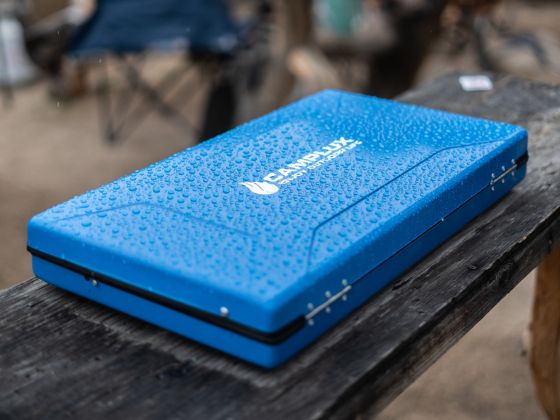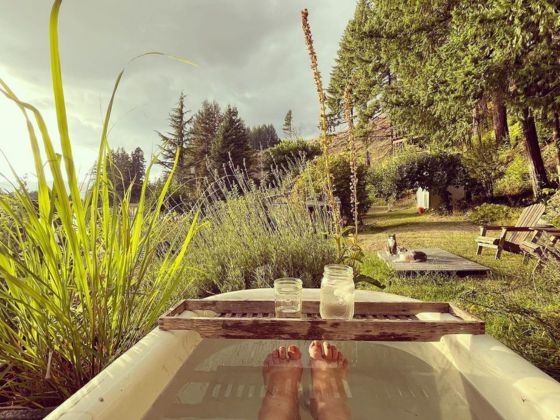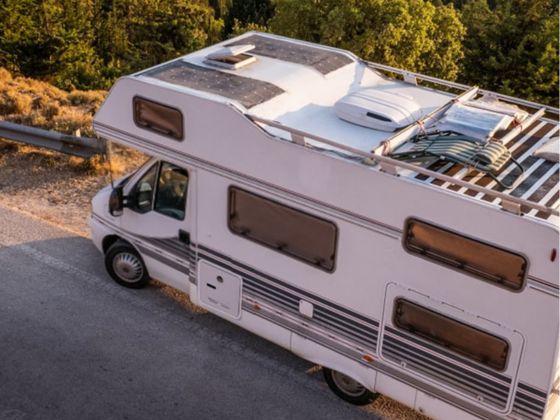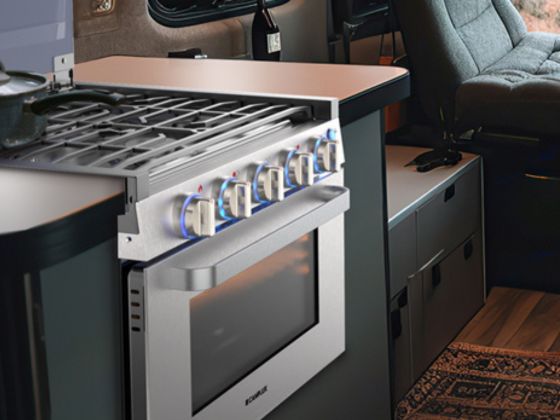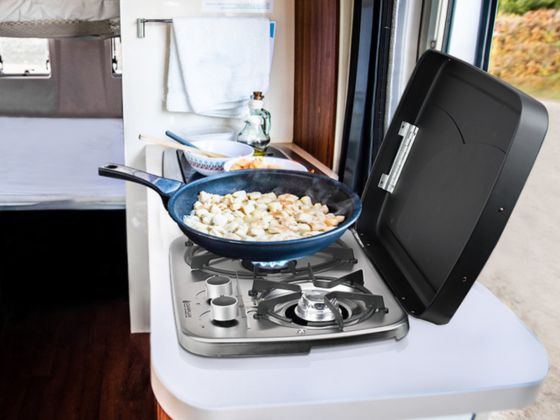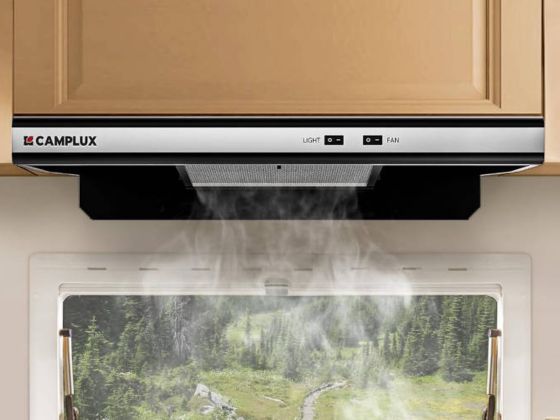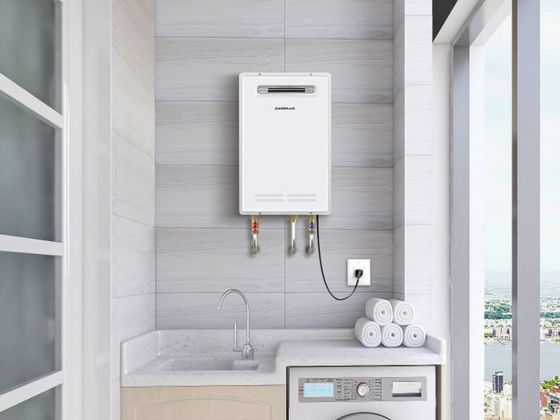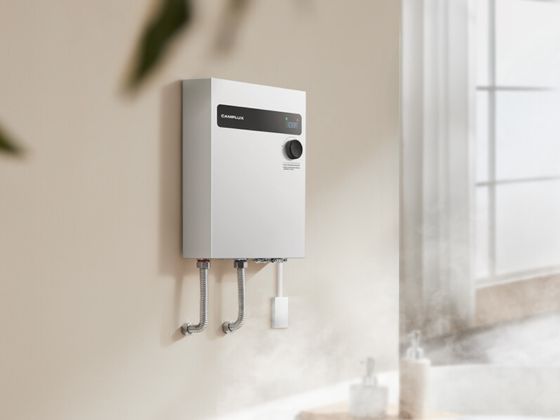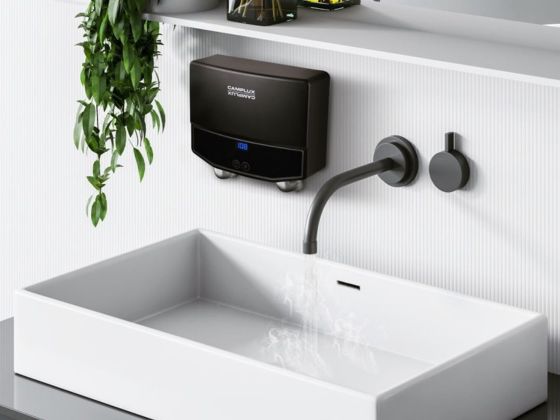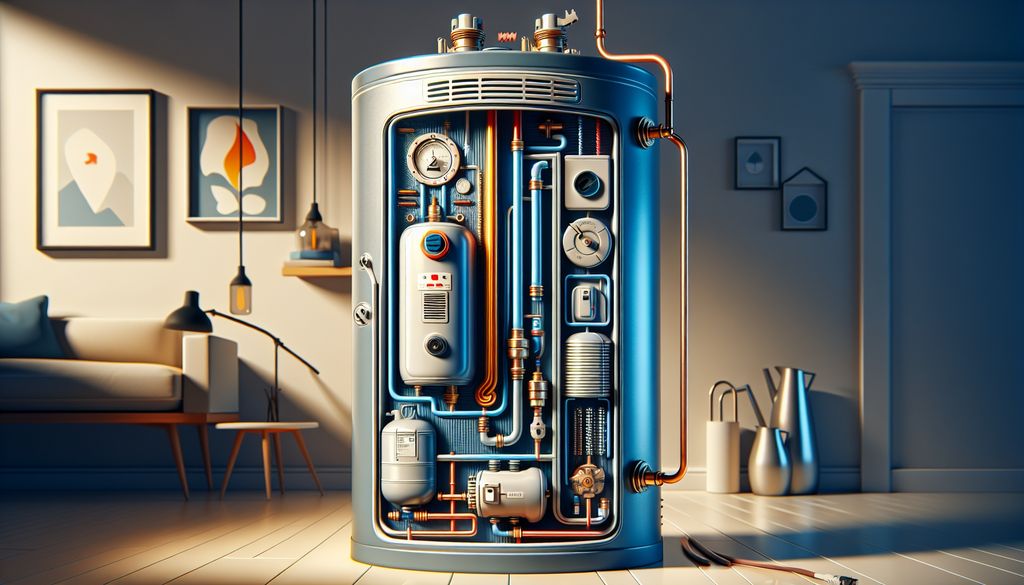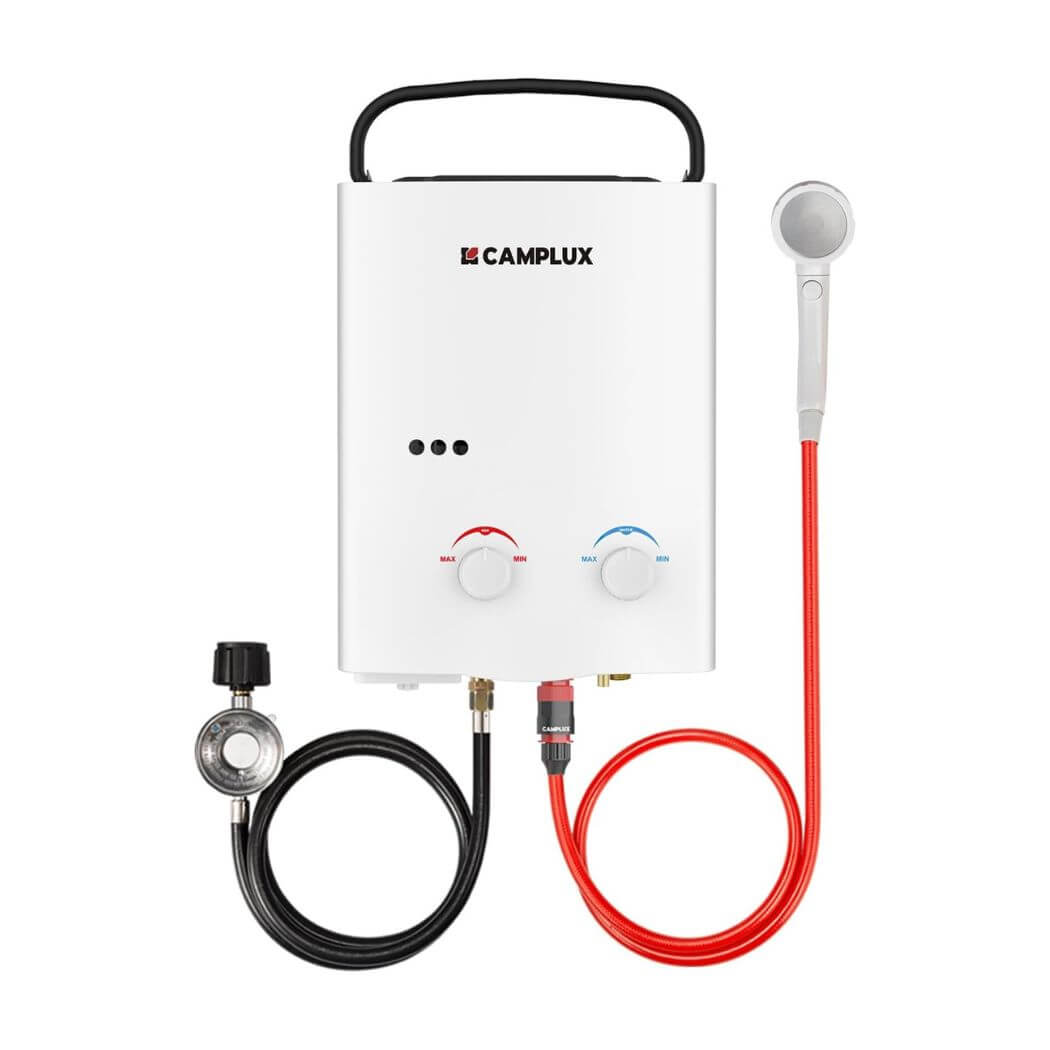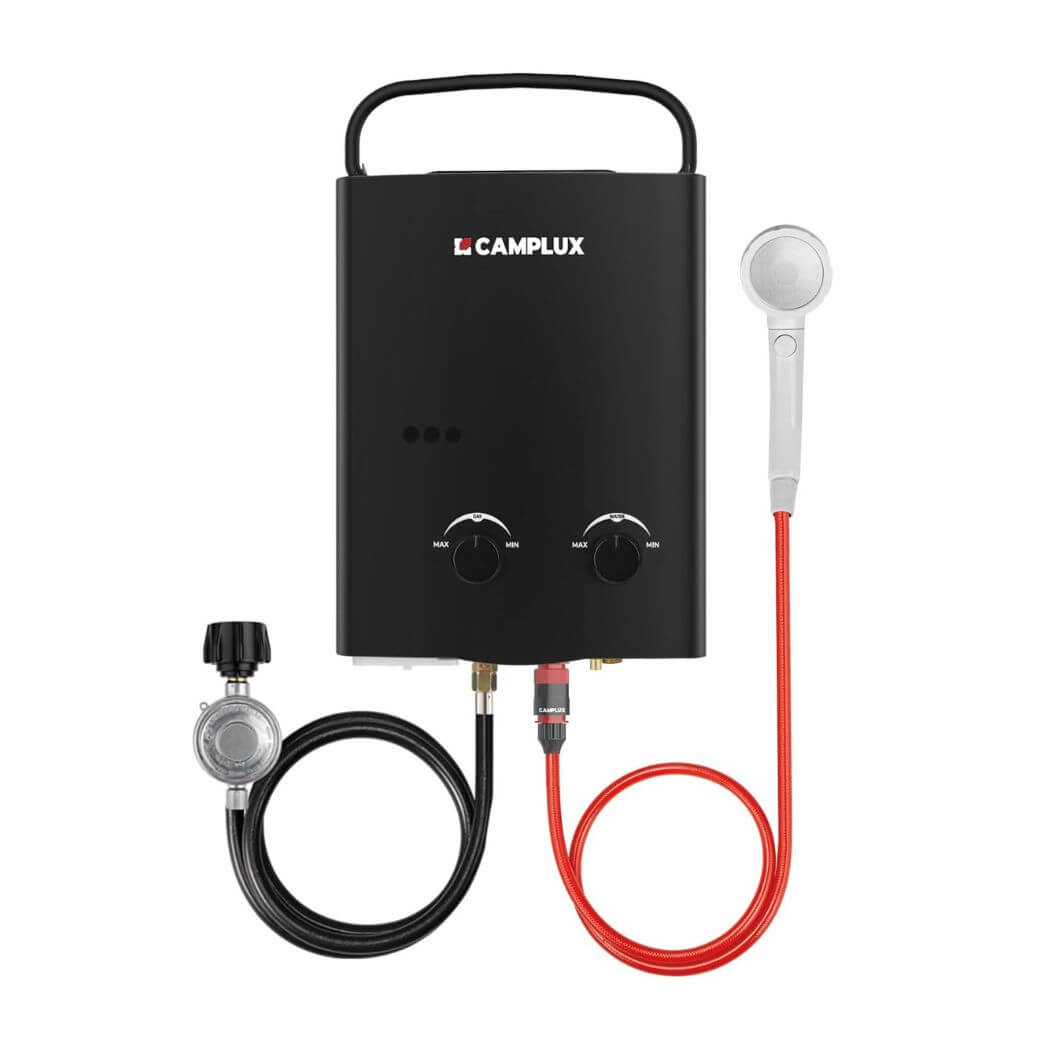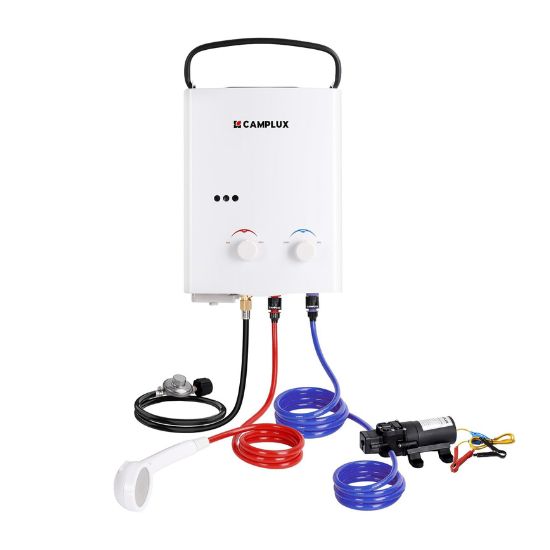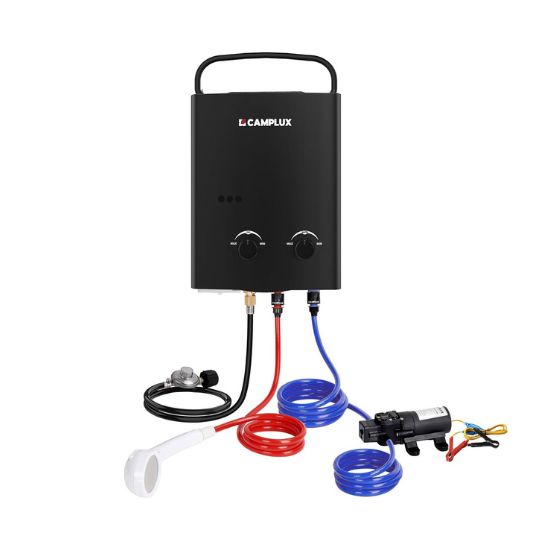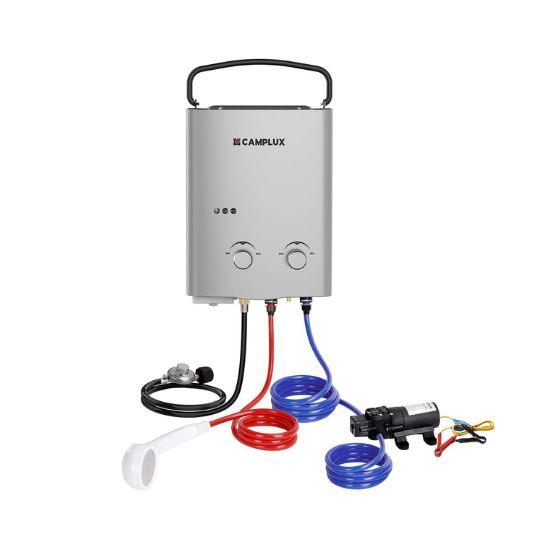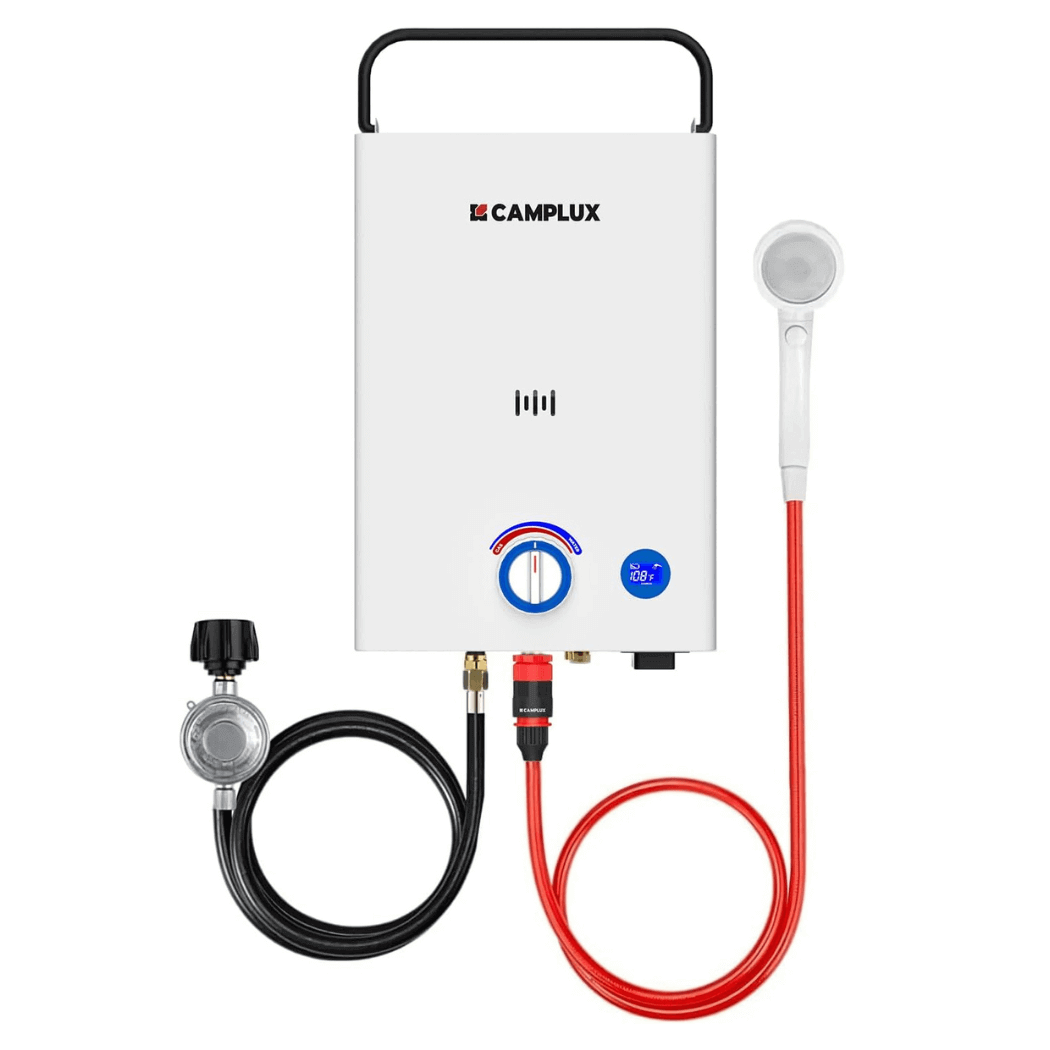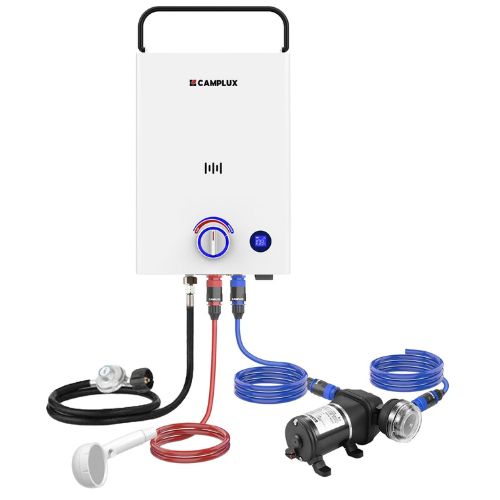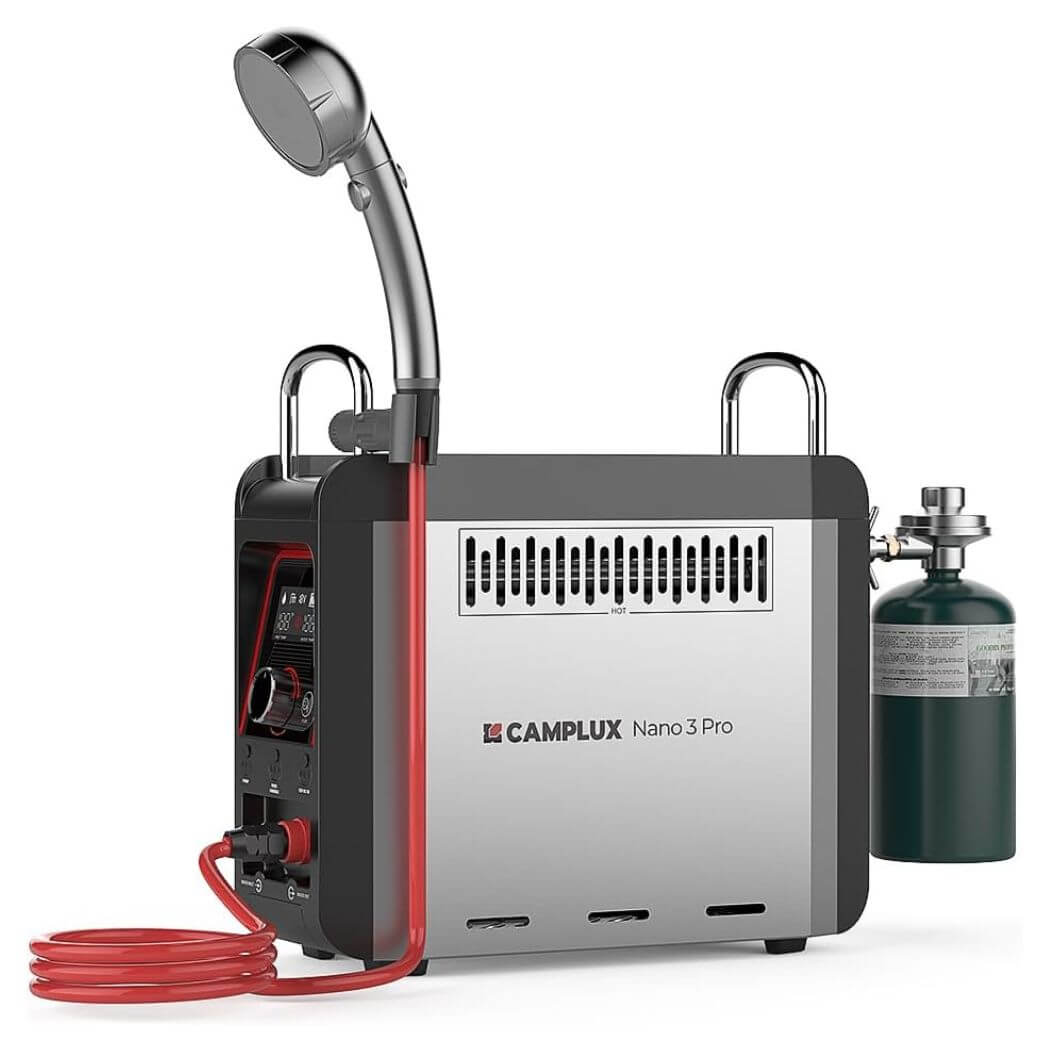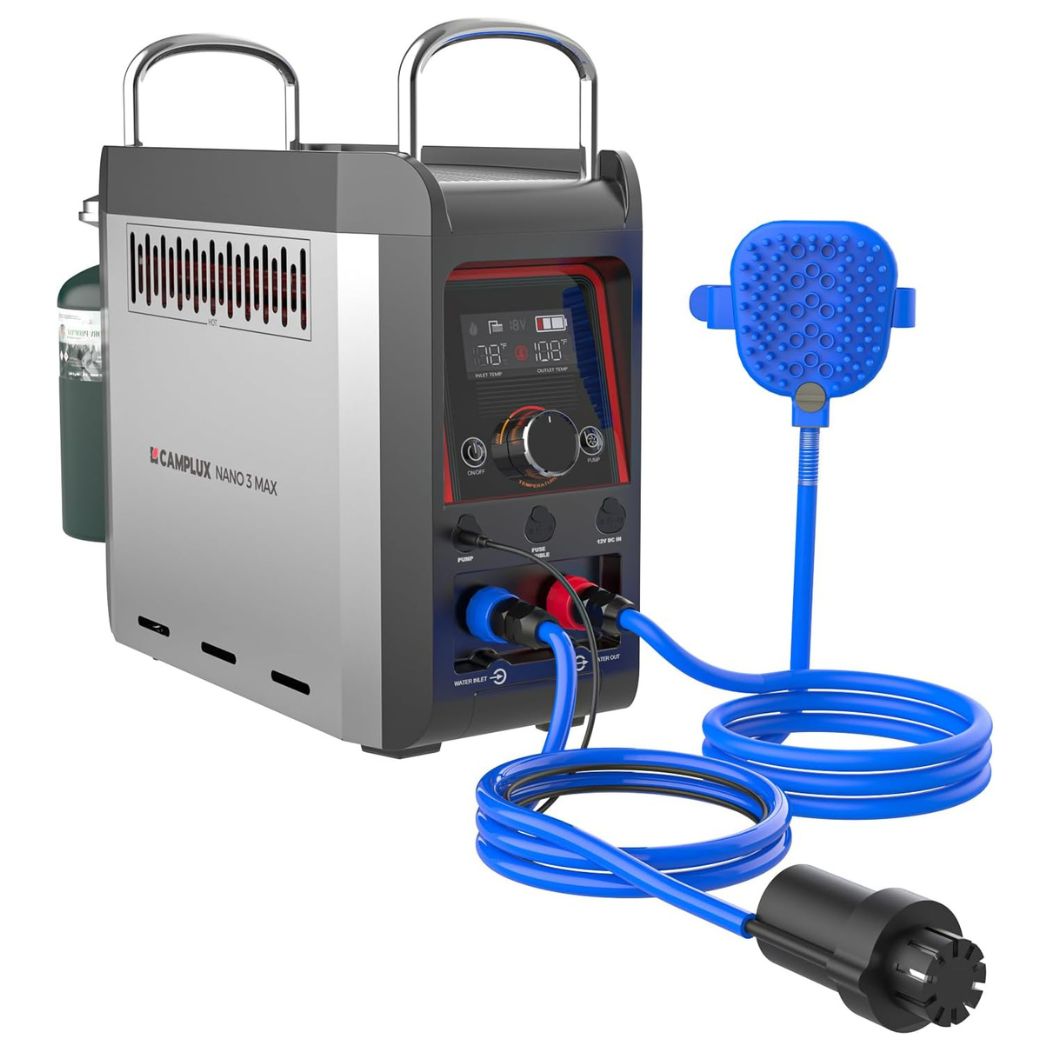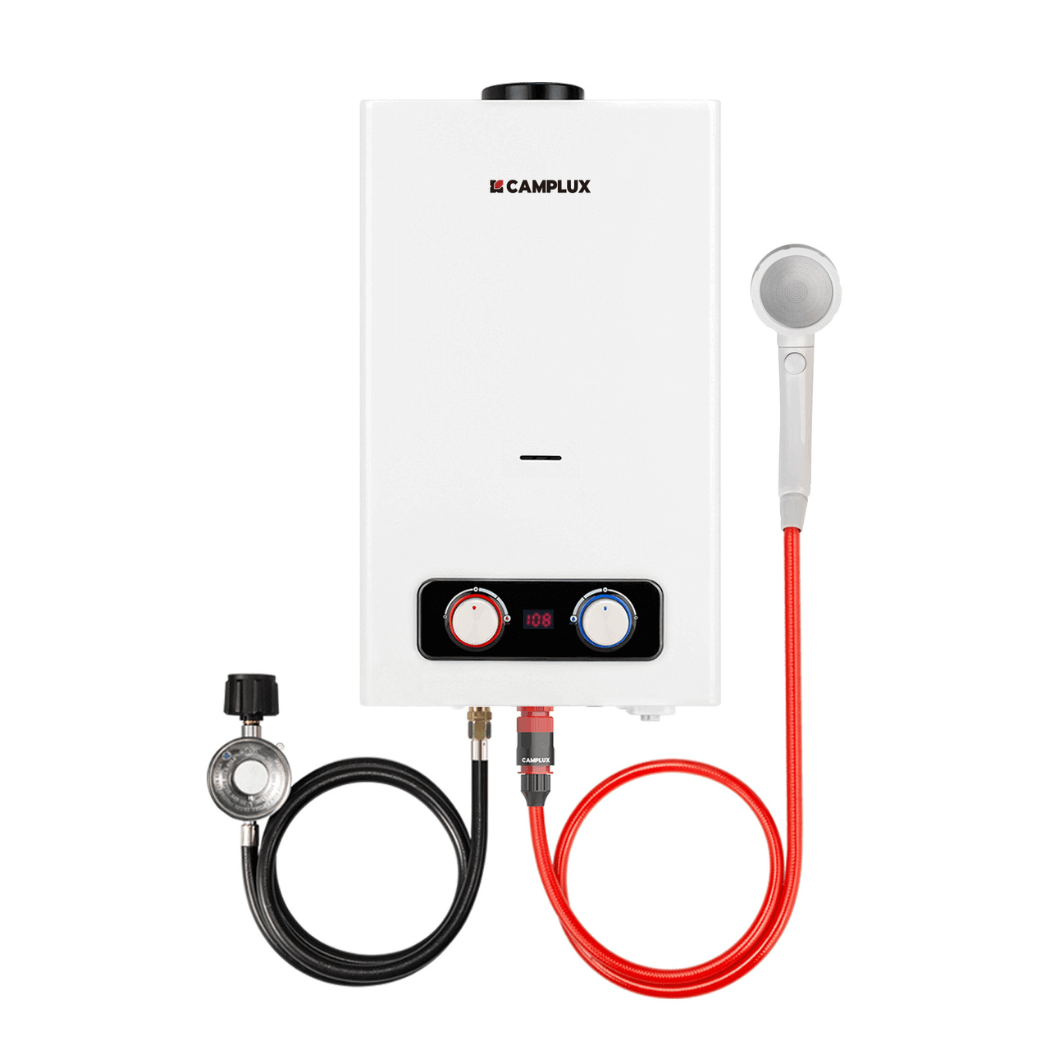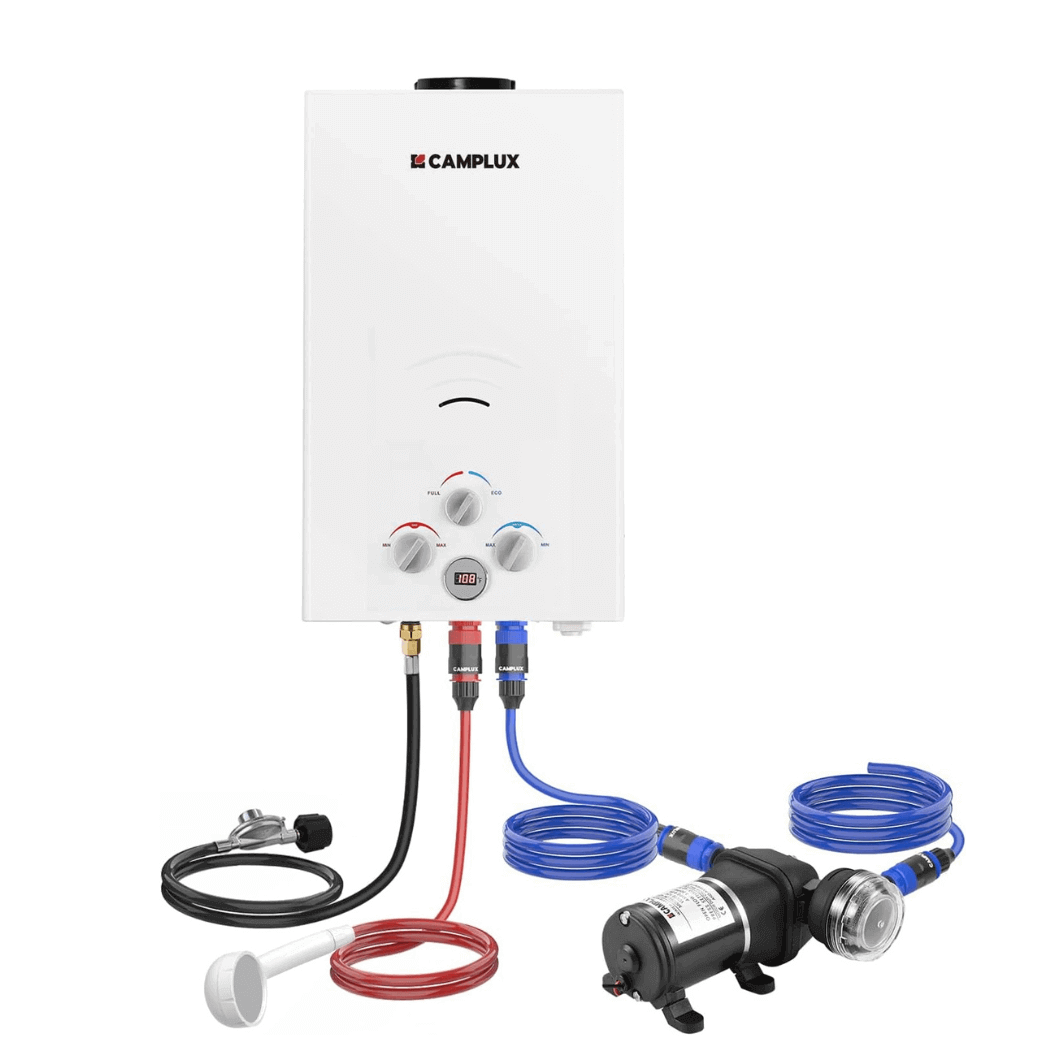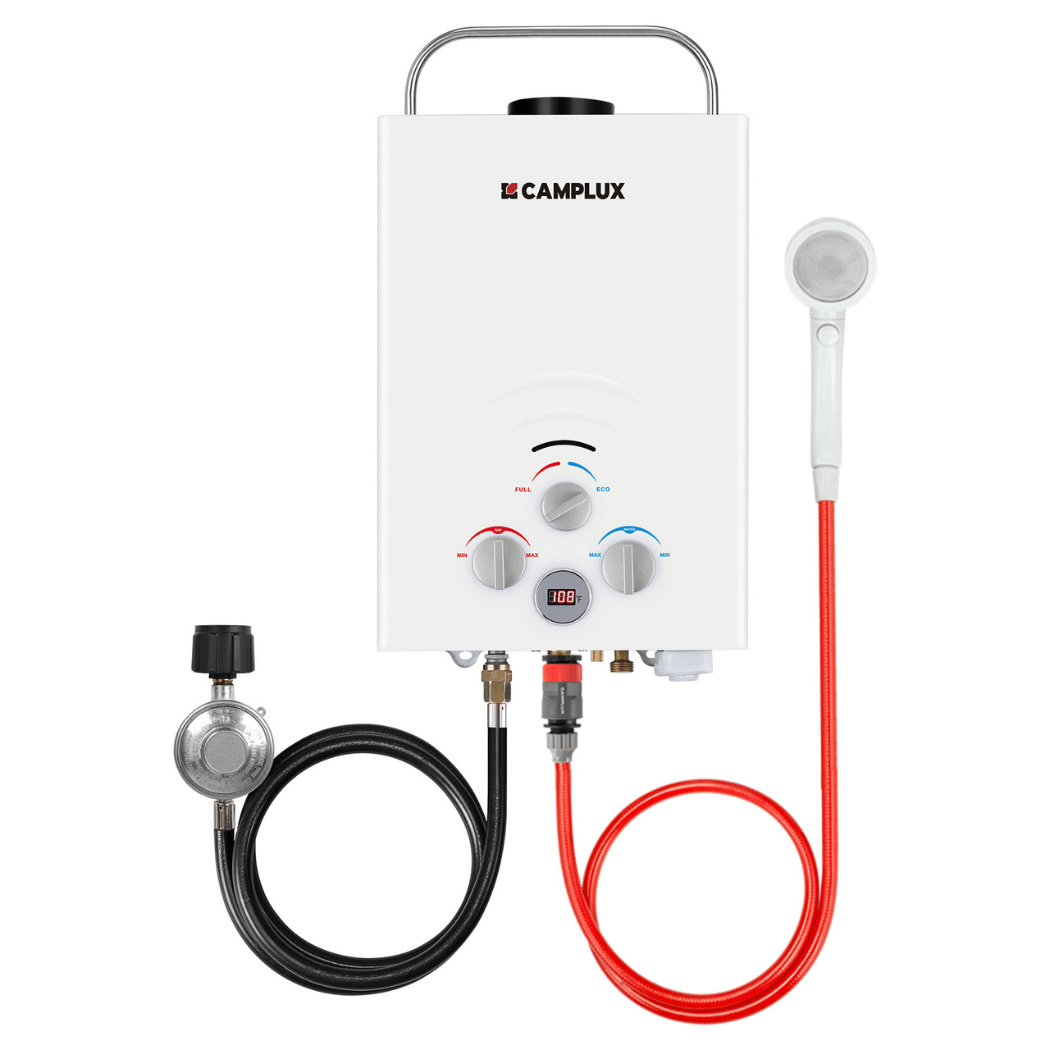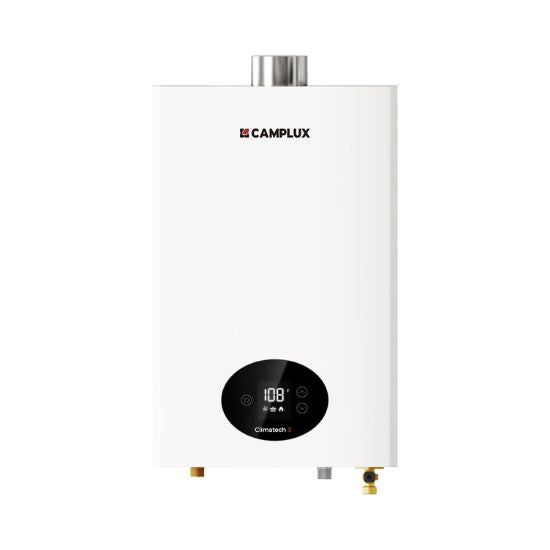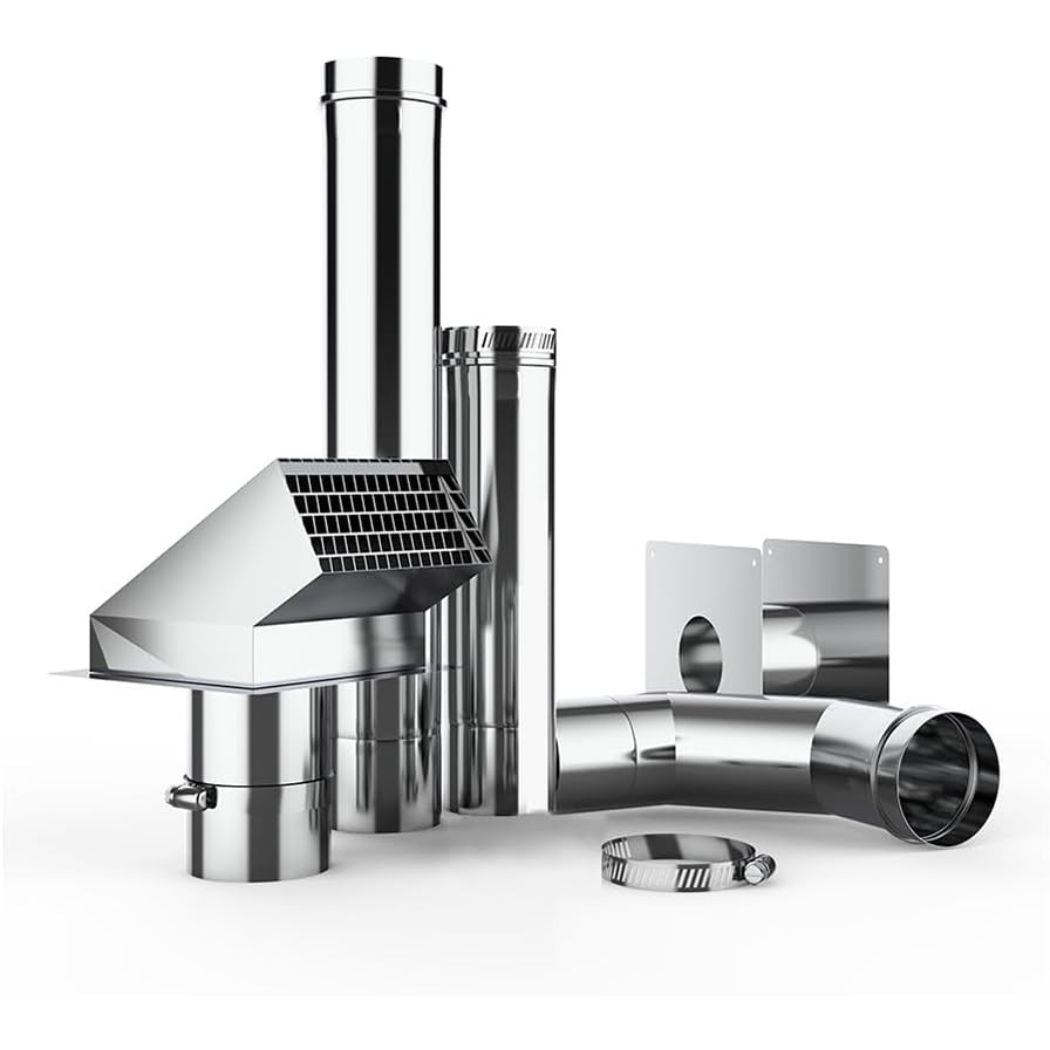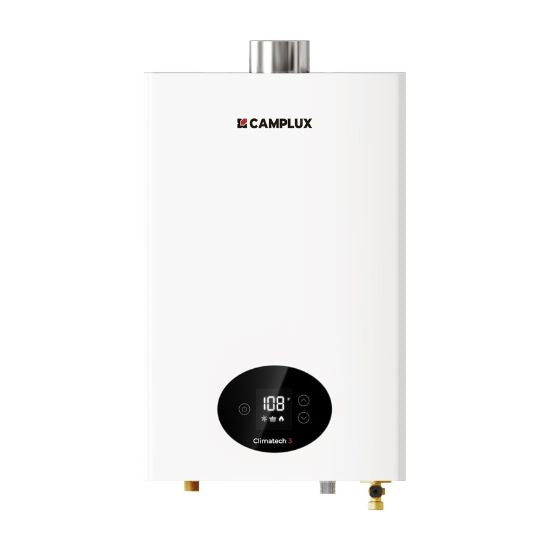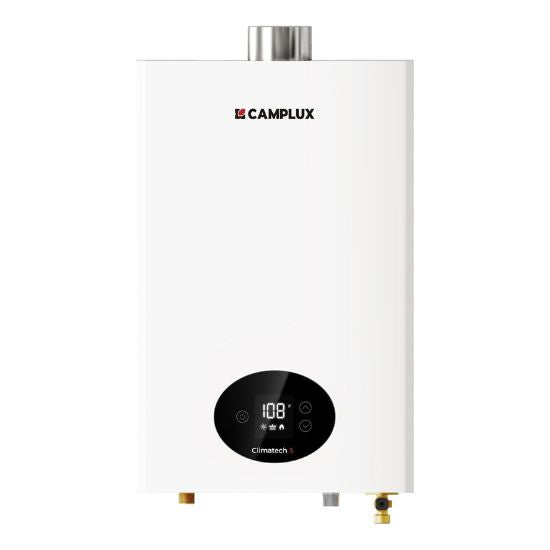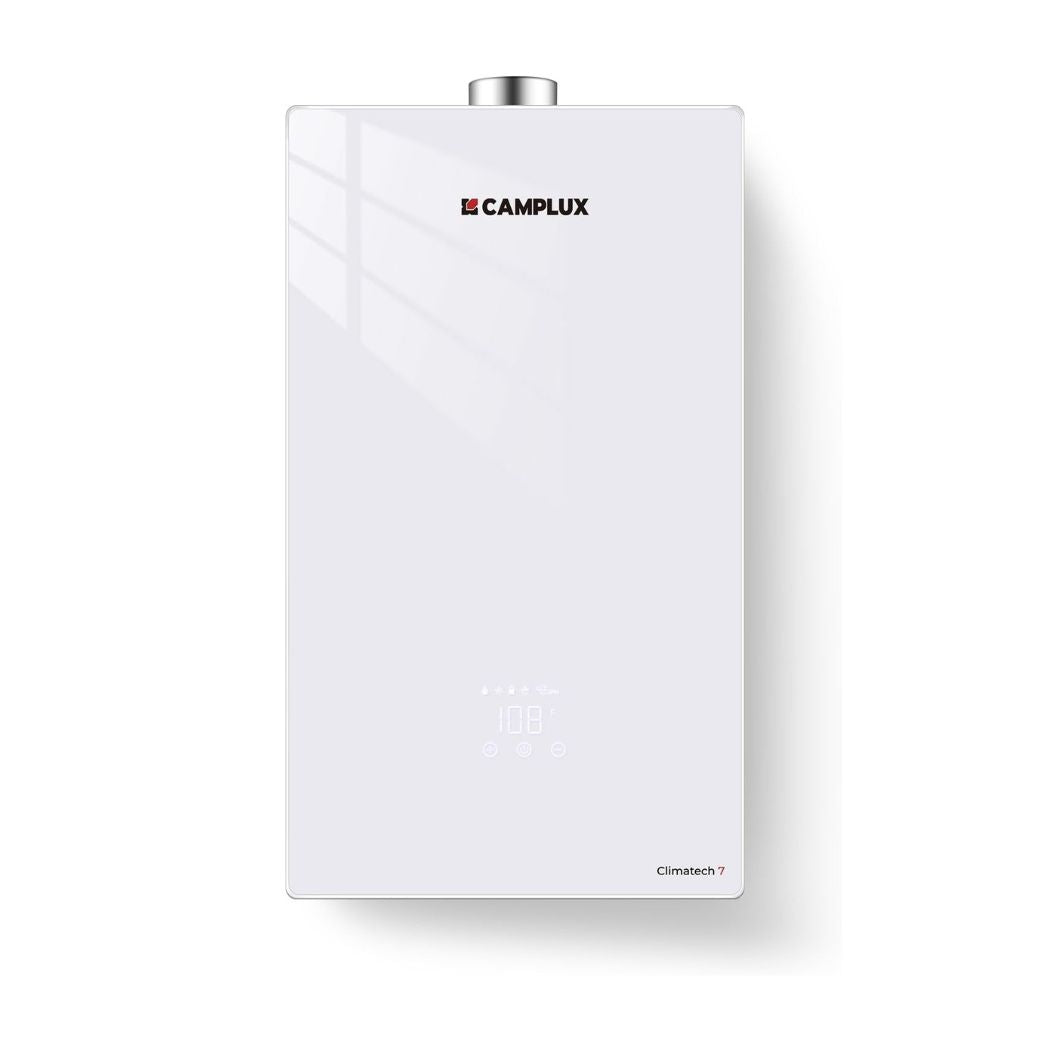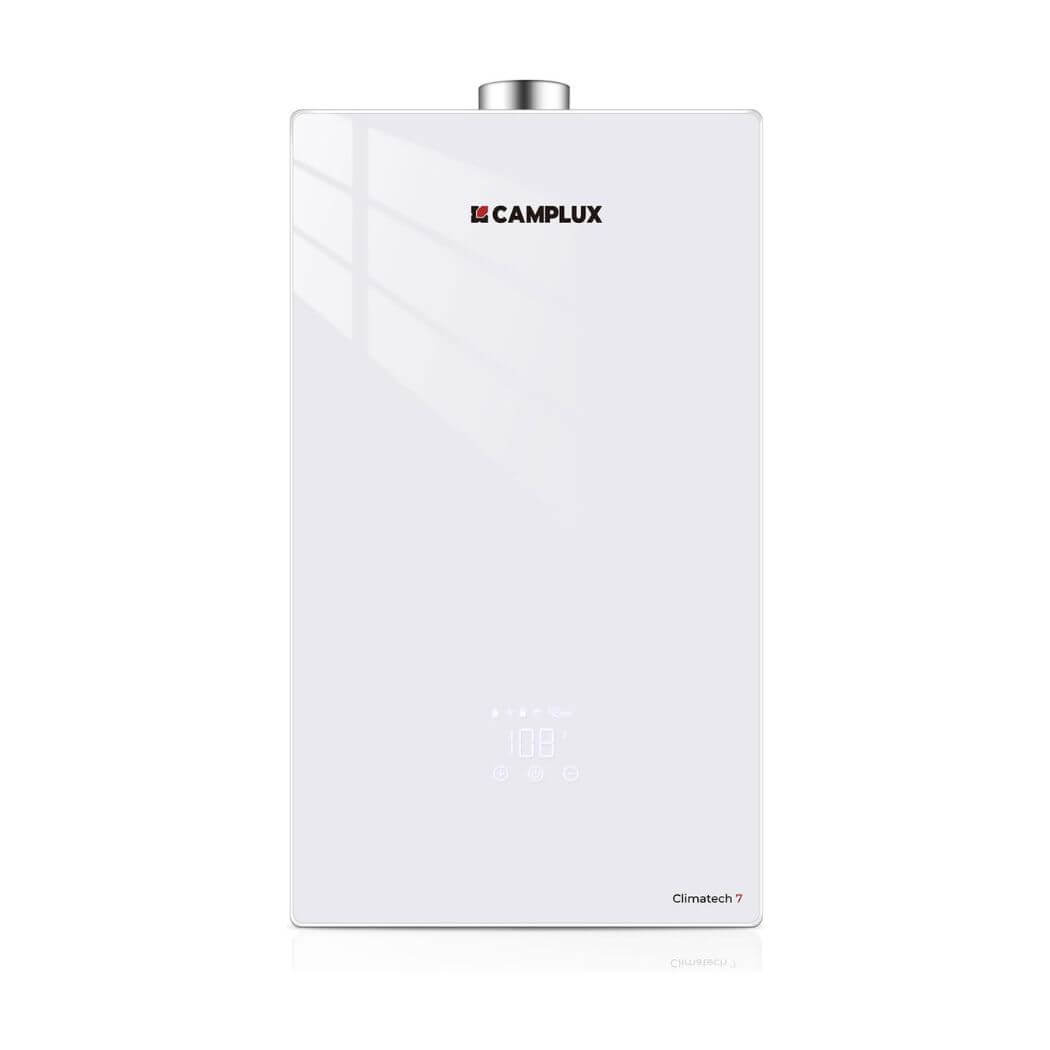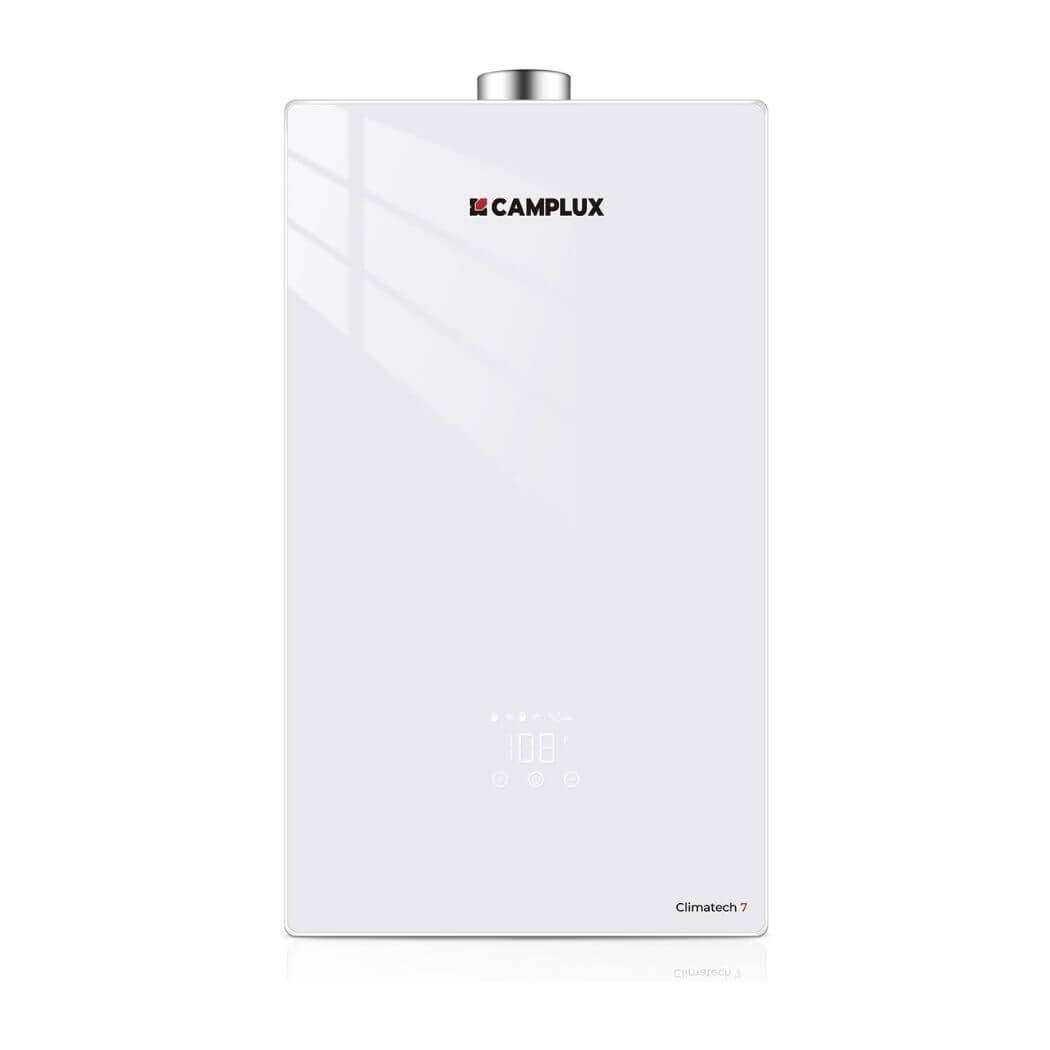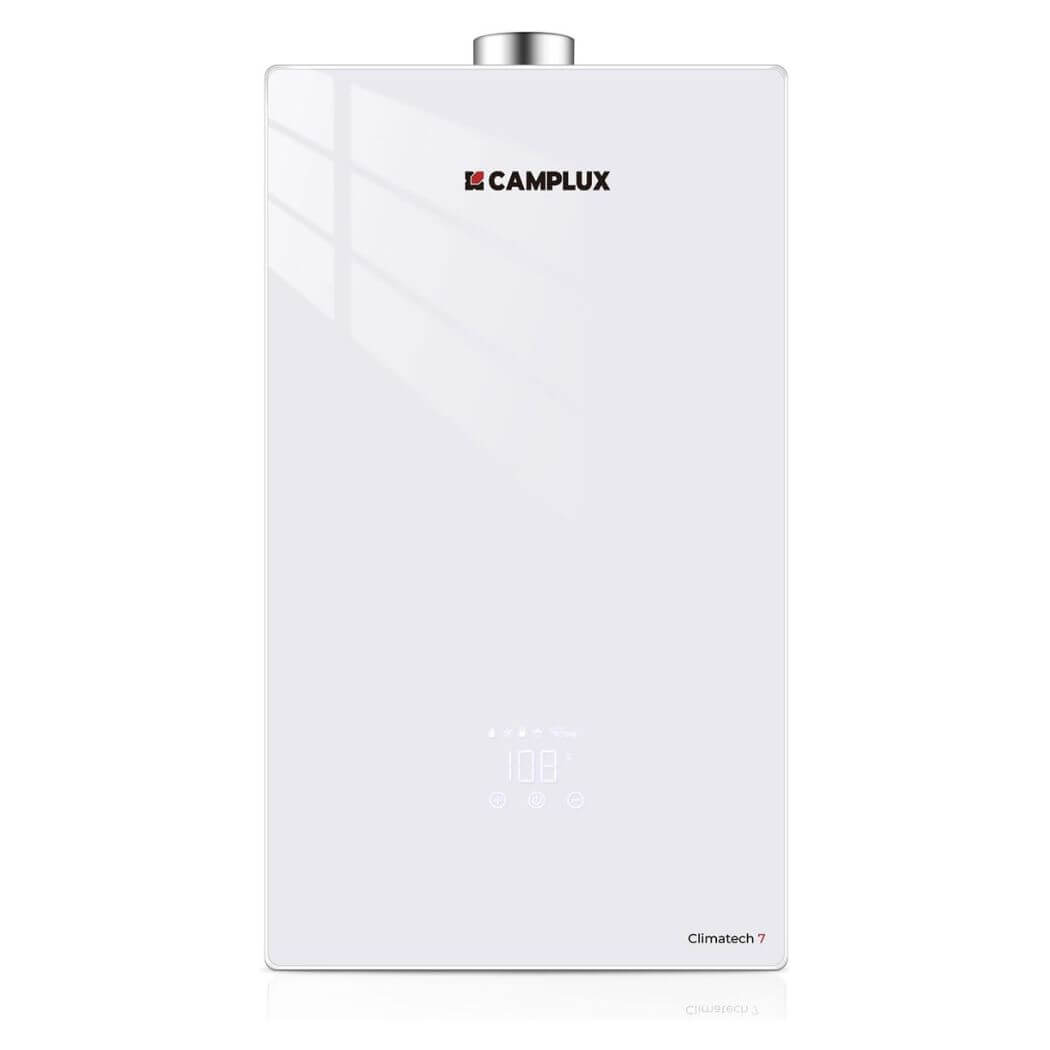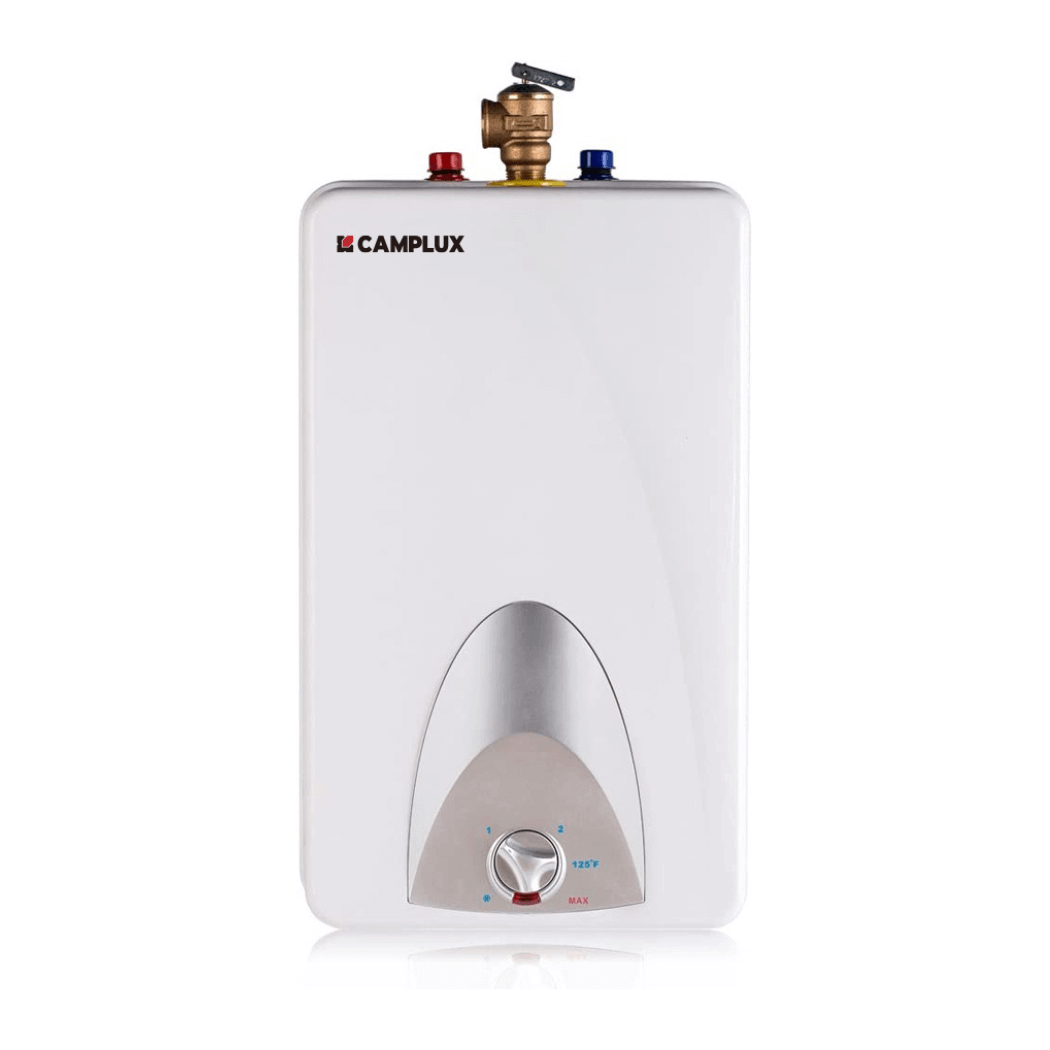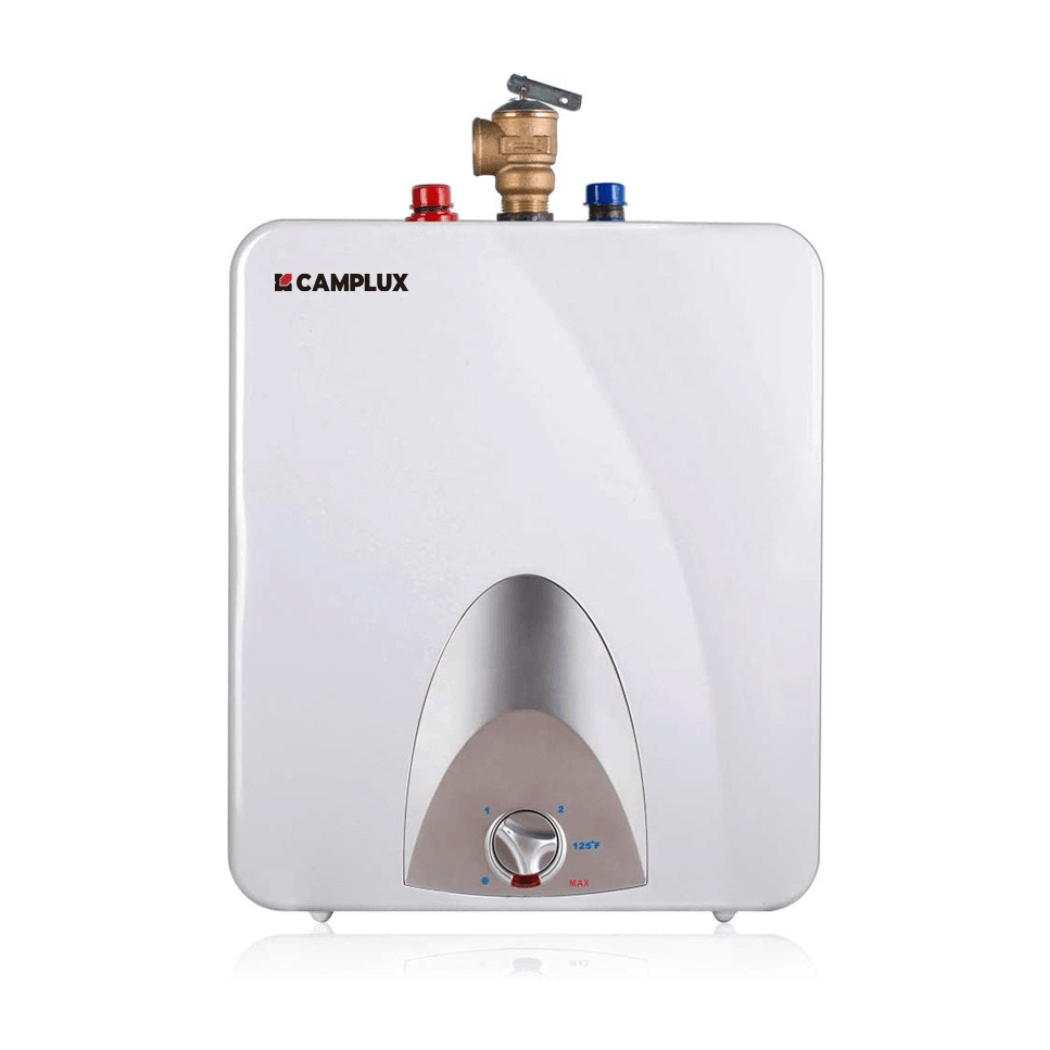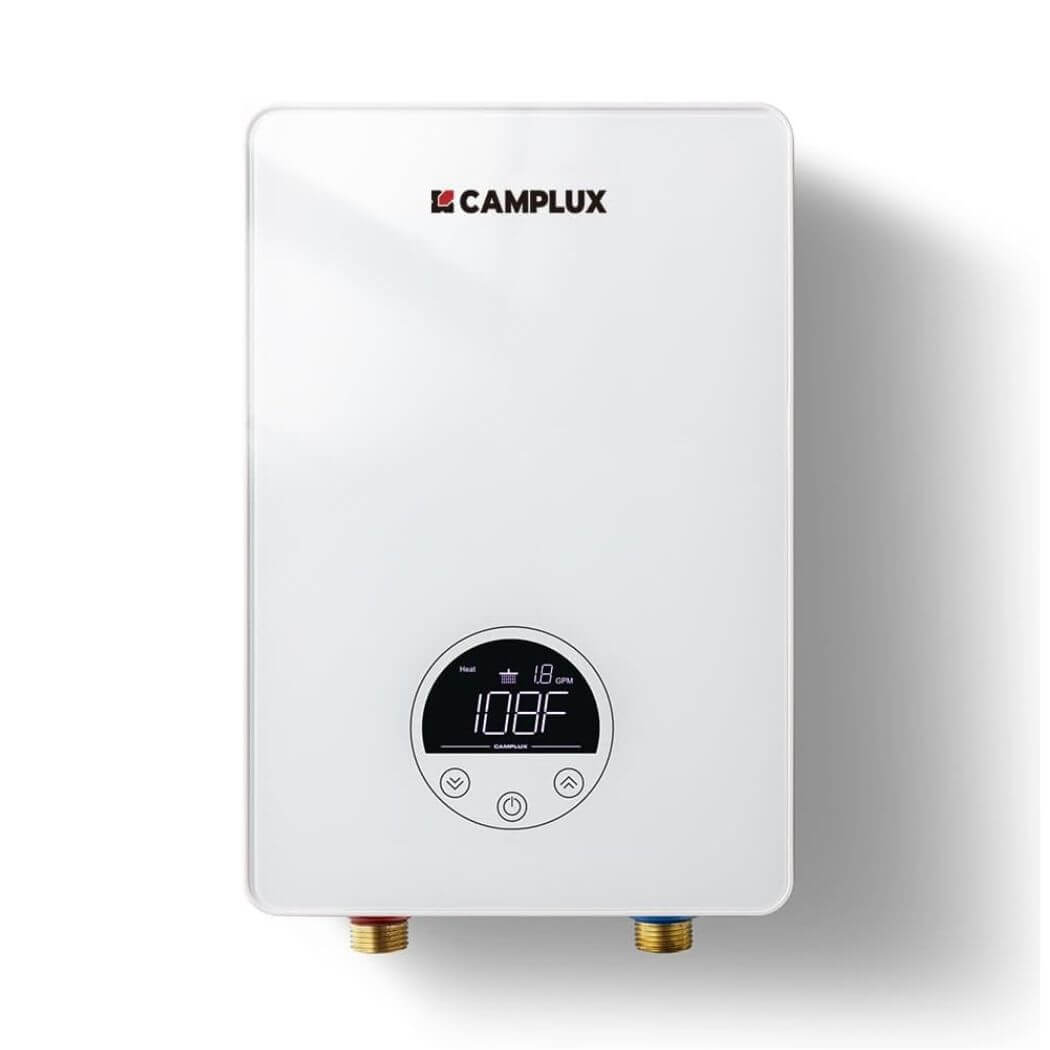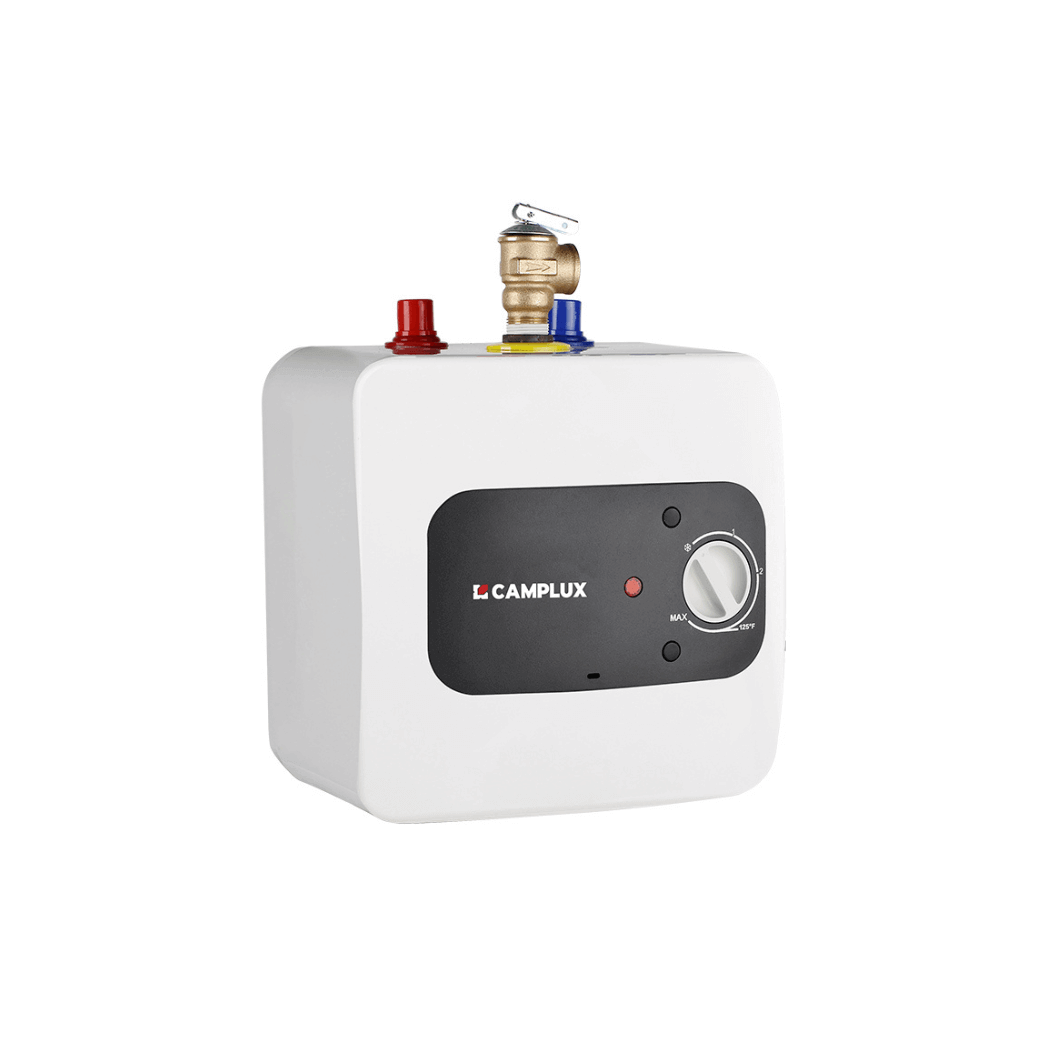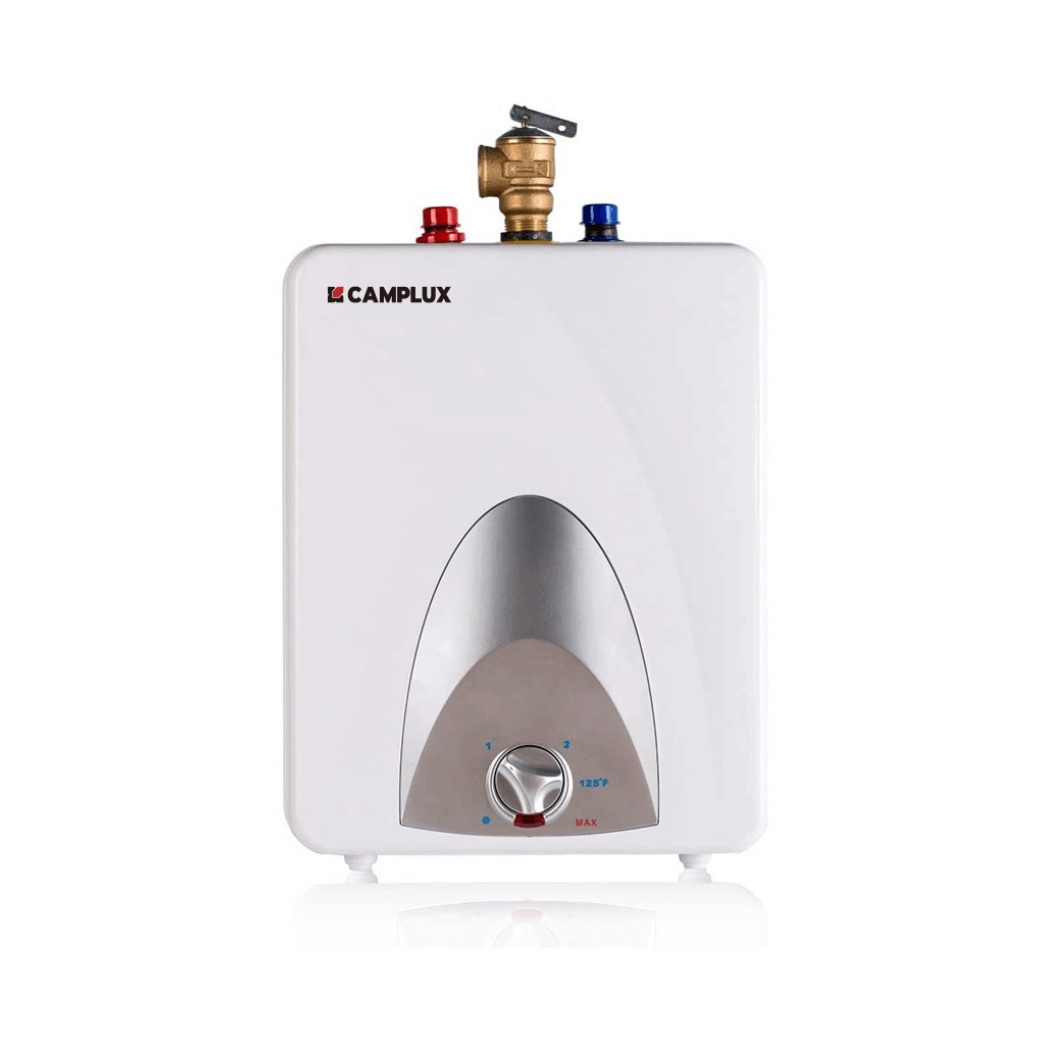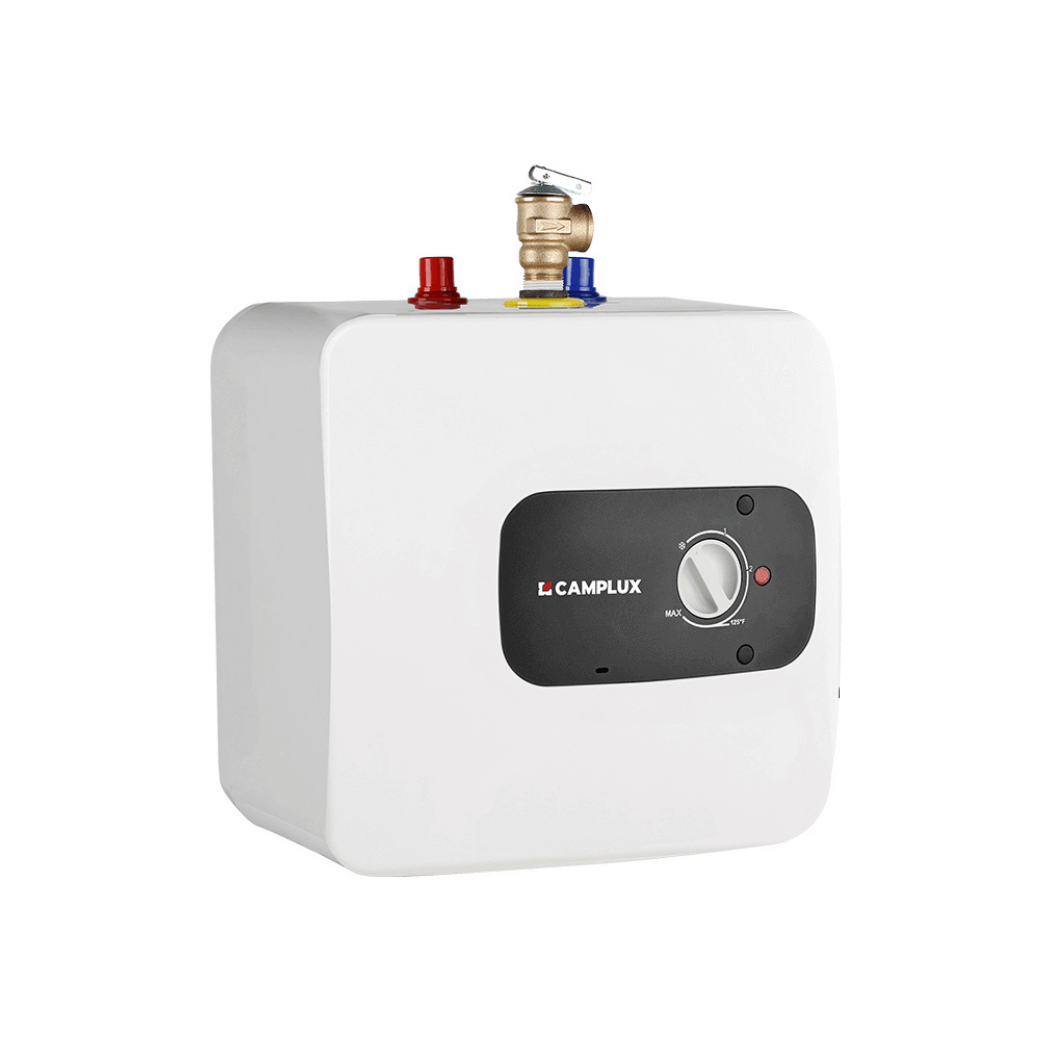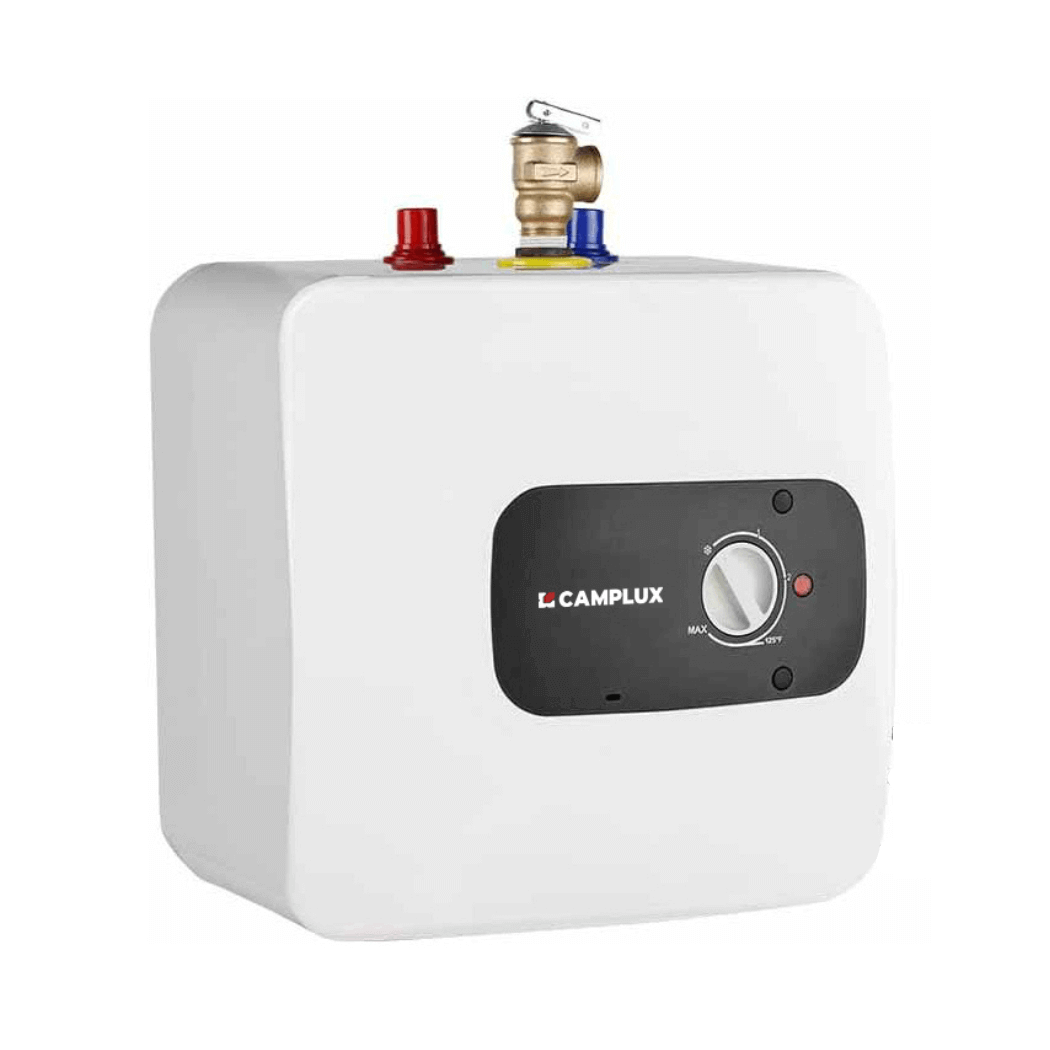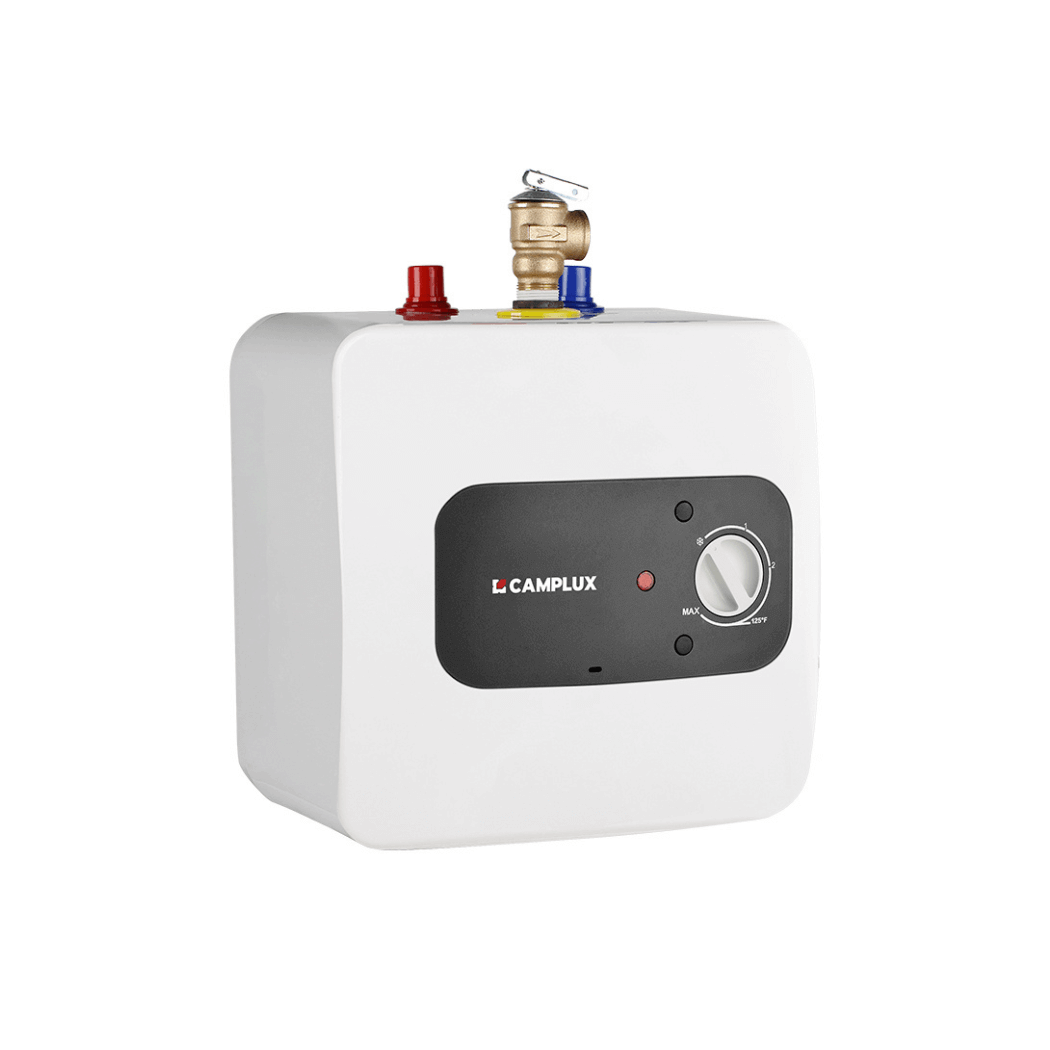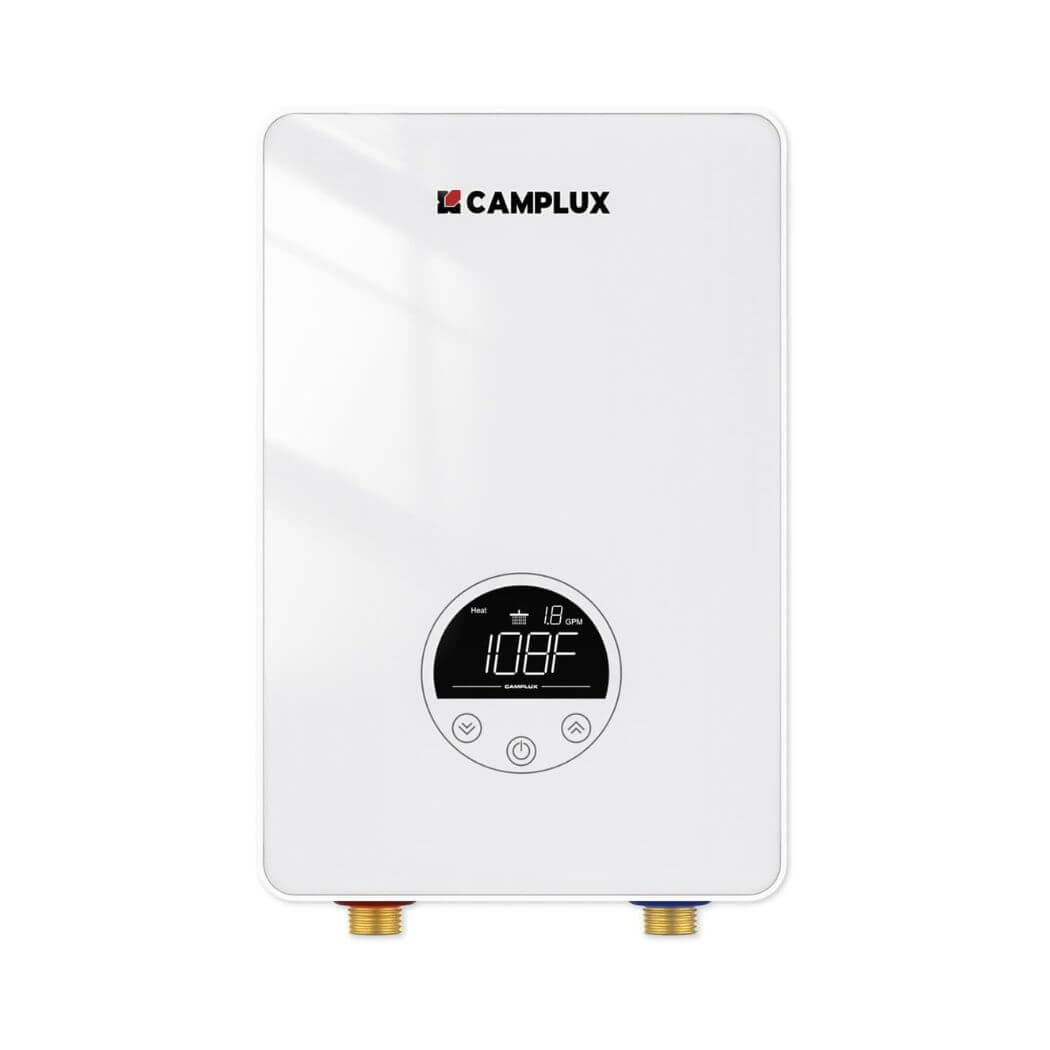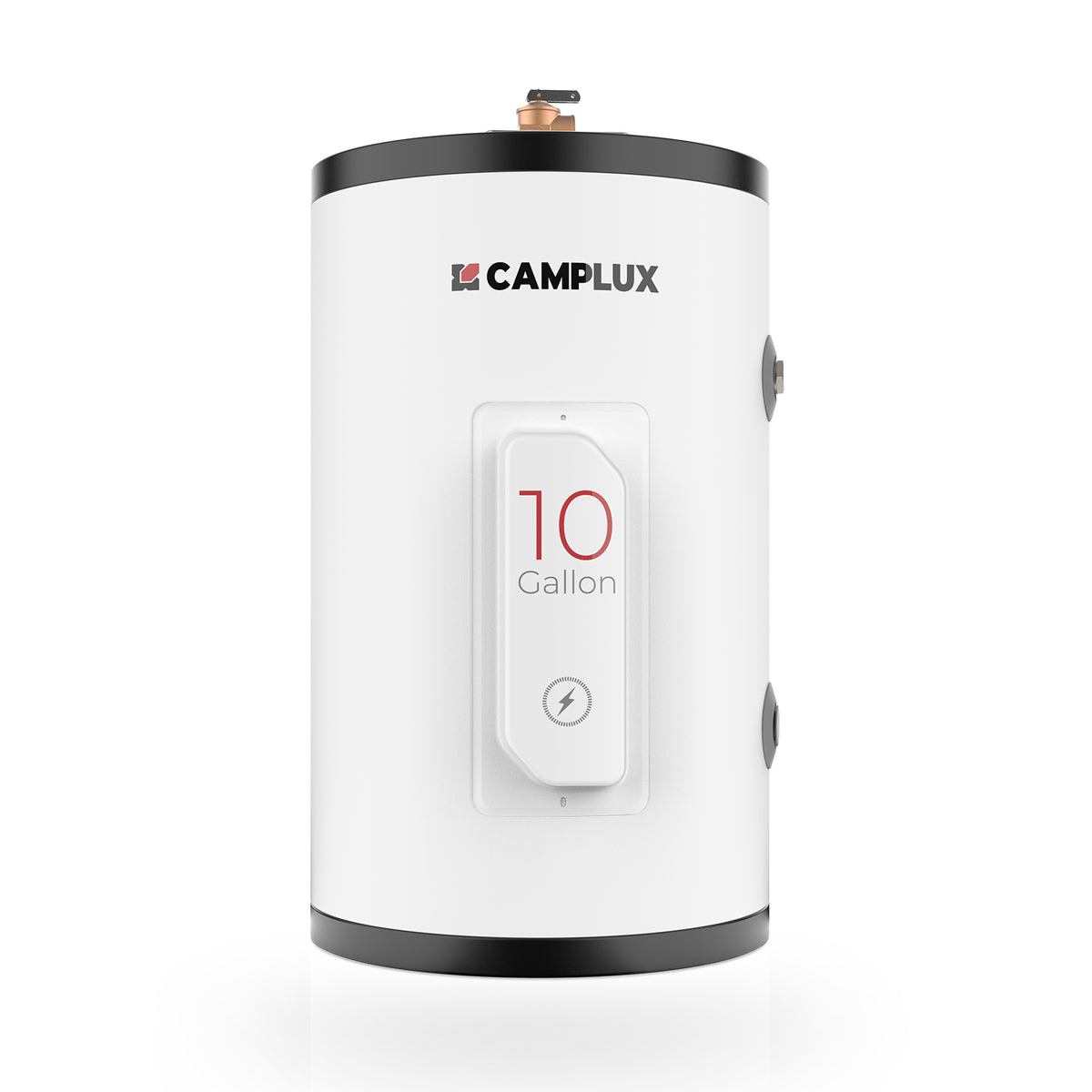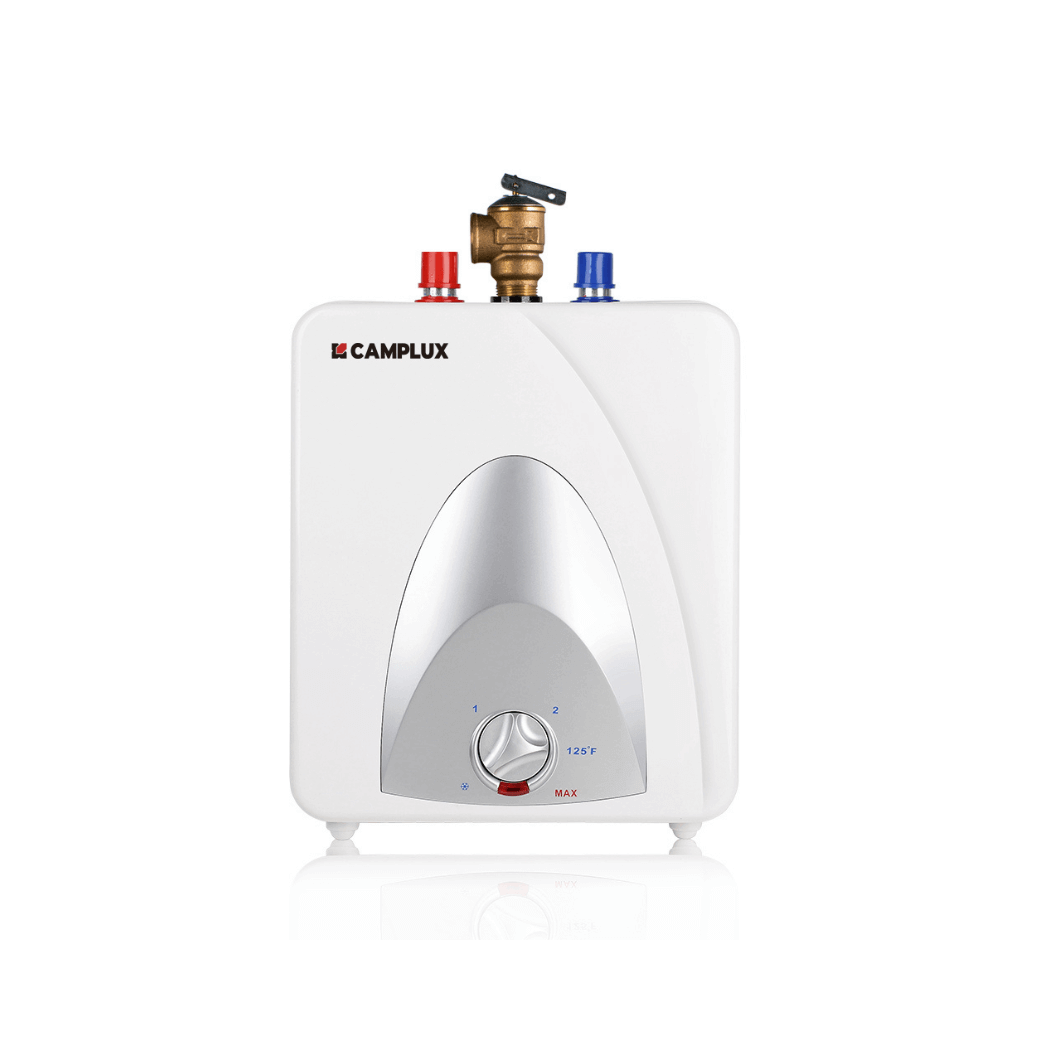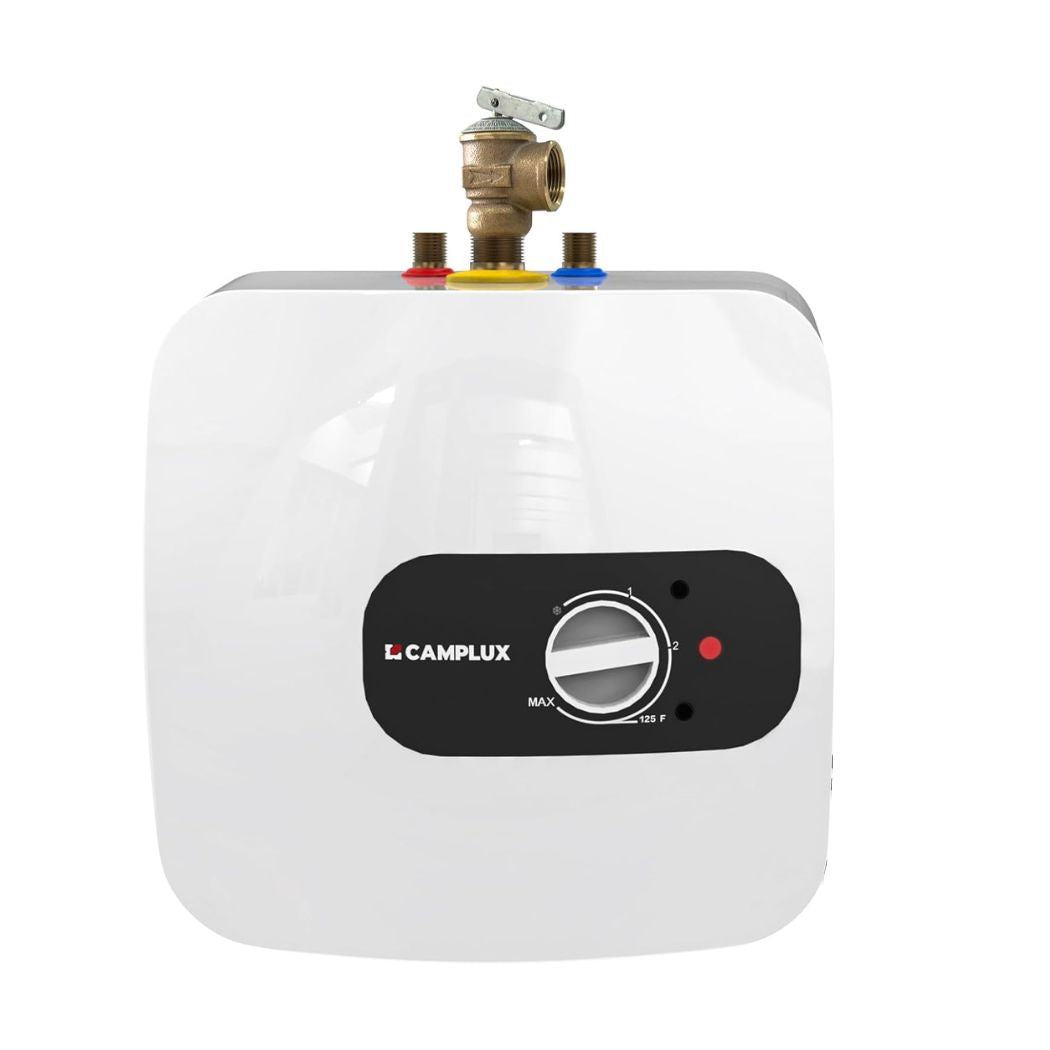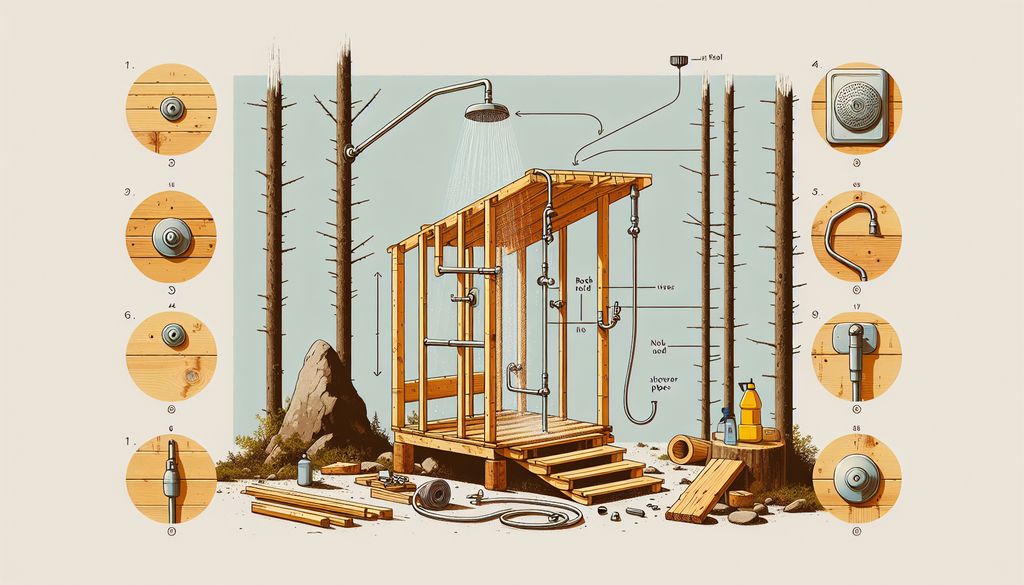Electric water heaters are essential appliances for providing hot water in homes and businesses. When purchasing an electric water heater, there are several factors to consider, including capacity, energy efficiency, and installation requirements. Additionally, there are different types of electric water heaters available, such as storage tank water heaters, tankless water heaters, and heat pump water heaters. In this guide, we will explore these factors and types of electric water heaters to help you make an informed buying decision.
Key Takeaways
- Consider the capacity of the electric water heater based on your hot water needs.
- Look for energy-efficient models to reduce electricity consumption and save on utility bills.
- Check the installation requirements, including electrical connections and space availability.
- Storage tank water heaters store hot water in a tank for immediate use.
- Tankless water heaters heat water on demand, providing endless hot water supply.
Factors to Consider
Capacity
When choosing an electric water heater, one of the most important factors to consider is capacity . The capacity refers to the amount of hot water the heater can provide. It is typically measured in gallons and determines how much hot water can be used at a time. Choosing the right capacity is crucial to ensure that you have enough hot water for your needs without wasting energy.
To determine the appropriate capacity for your household, consider the number of people living in your home and their hot water usage habits. A general guideline is to have a capacity of 10-15 gallons per person. However, factors such as the number of bathrooms, frequency of hot water usage, and the size of your bathtub or shower should also be taken into account.
Here is a table summarizing the recommended capacity based on the number of people in your household:
| Number of People | Recommended Capacity (Gallons) |
|---|---|
| 1-2 | 30-40 |
| 3-4 | 40-50 |
| 5+ | 50+ |
Energy Efficiency
When considering the energy efficiency of an electric water heater, there are a few key factors to keep in mind.
Firstly, insulation plays a crucial role in reducing heat loss and improving energy efficiency. Look for models with high-quality insulation to ensure minimal heat loss and lower energy consumption.
Secondly, the energy factor (EF) rating is an important metric to consider. The EF rating indicates the efficiency of the water heater in converting energy into hot water. Higher EF ratings indicate better energy efficiency.
To help you make an informed decision, here is a table comparing the EF ratings of different electric water heater models:
| Model | EF Rating |
|---|---|
| A | 0.95 |
| B | 0.90 |
| C | 0.85 |
Additionally, it's worth noting that smart features such as programmable timers and vacation modes can further enhance energy efficiency by allowing you to optimize the usage of your water heater.
Lastly, it's important to consider the size of the water heater in relation to your household's hot water needs. An oversized water heater may result in unnecessary energy consumption, while an undersized one may lead to insufficient hot water supply.
Remember, prioritizing energy efficiency not only helps reduce your carbon footprint but also saves you money on energy bills in the long run.
Installation Requirements
When considering the installation of an electric water heater, there are a few important factors to keep in mind.
Location : The water heater should be installed in a well-ventilated area with sufficient space for maintenance and repairs. It is important to follow the manufacturer's guidelines for clearance requirements.
Electrical Requirements : Electric water heaters require a dedicated electrical circuit with the appropriate voltage and amperage. It is crucial to consult an electrician to ensure the electrical system can support the water heater's power needs.
Plumbing Connections : Proper plumbing connections are essential for the efficient operation of the water heater. It is recommended to hire a professional plumber to ensure the connections are correctly installed.
Permits and Codes : Before installing an electric water heater, it is important to check local building codes and obtain any necessary permits. Compliance with these regulations ensures the safety and legality of the installation.
Types of Electric Water Heaters
Storage Tank Water Heaters
Storage tank water heaters are the most common type of electric water heaters. They consist of a large tank that stores and heats water. When hot water is needed, it is drawn from the top of the tank and replaced with cold water at the bottom. Capacity is an important factor to consider when choosing a storage tank water heater. It determines how much hot water the heater can provide at a given time. The capacity is usually measured in gallons and can range from 20 to 80 gallons.
One advantage of storage tank water heaters is their relatively low upfront cost compared to other types of electric water heaters. However, they tend to have higher energy consumption because they continuously heat and store water, even when not in use. Energy efficiency is another important consideration. Look for models with high energy efficiency ratings to minimize operating costs.
Here are some key points to consider when choosing a storage tank water heater:
- Capacity: Choose a capacity that meets your household's hot water needs.
- Energy Efficiency: Look for models with high energy efficiency ratings.
- Installation Requirements: Consider the space and installation requirements for the water heater.
Tip: To maximize energy savings, consider insulating the storage tank and hot water pipes to reduce heat loss.
Tankless Water Heaters
Tankless water heaters, also known as on-demand water heaters, provide hot water only when it is needed. Unlike storage tank water heaters that continuously heat and store a large amount of water, tankless water heaters heat water directly as it flows through the unit. This results in energy savings as there is no standby heat loss. Instantaneous hot water is achieved by activating the heater when a hot water faucet is turned on.
One of the key advantages of tankless water heaters is their compact size . They are significantly smaller than storage tank water heaters, making them ideal for homes with limited space. Additionally, tankless water heaters have a longer lifespan compared to storage tank water heaters, with an average lifespan of 20 years.
When considering a tankless water heater, it is important to take into account the flow rate or the amount of hot water the unit can provide. This is measured in gallons per minute (GPM) and determines the number of fixtures that can be used simultaneously.
Heat Pump Water Heaters
Heat pump water heaters are an energy-efficient option for heating water in your home. They work by extracting heat from the surrounding air and transferring it to the water, making them more efficient than traditional electric water heaters. By using the heat from the air , heat pump water heaters can provide hot water while consuming less electricity. This can result in significant energy savings .
When considering a heat pump water heater, there are a few important factors to keep in mind:
- Efficiency : Heat pump water heaters have a higher efficiency rating compared to other types of electric water heaters. This means they can heat water more effectively while using less energy.
- Installation : Heat pump water heaters require proper installation to ensure optimal performance. It's important to consult a professional to determine the best location and setup for your specific needs.
Tip: Consider the climate in your area. Heat pump water heaters work best in moderate to warm climates where the surrounding air temperature is consistently above 40 degrees Fahrenheit.
Overall, heat pump water heaters are a great choice for homeowners looking to save energy and reduce their carbon footprint.
Conclusion
In conclusion, when purchasing an electric water heater, it is important to consider several factors such as capacity , energy efficiency , and installation requirements . There are different types of electric water heaters available, including storage tank water heaters , tankless water heaters , and heat pump water heaters . Each type has its own advantages and disadvantages, so it is essential to choose the one that best suits your needs. Additionally, it is recommended to consult with a professional plumber to ensure proper installation and maximize the efficiency of your electric water heater. Remember, investing in an energy-efficient water heater can save you money in the long run and contribute to a more sustainable future.
Frequently Asked Questions
1. How do I determine the capacity of an electric water heater?
The capacity of an electric water heater is determined by the number of people in your household and their hot water usage. As a general guideline, a 40-gallon water heater is suitable for a household of 1-2 people, while a 50-gallon water heater is recommended for 3-4 people.
2. Are electric water heaters energy efficient?
Electric water heaters can be energy efficient, especially if they are equipped with insulation and energy-saving features. Look for models with a high Energy Factor (EF) rating and consider using a timer or smart thermostat to control the heating schedule.
3. What are the installation requirements for an electric water heater?
To install an electric water heater, you will need a dedicated electrical circuit with the appropriate voltage and amperage capacity. It is also important to have proper ventilation and access for maintenance and repairs. It is recommended to hire a professional plumber or electrician for the installation.
4. How long does an electric water heater last?
The lifespan of an electric water heater can vary depending on factors such as usage, maintenance, and water quality. On average, an electric water heater can last between 10 to 15 years. Regular maintenance, such as flushing the tank and checking the anode rod, can help prolong its lifespan.
5. Can I use an electric water heater in a cold climate?
Yes, electric water heaters can be used in cold climates. However, it is important to choose a model with a high insulation rating to minimize heat loss. Additionally, consider insulating the hot water pipes and using a frost protection device to prevent freezing.
6. What are the advantages of tankless water heaters?
Tankless water heaters provide hot water on demand, which means they only heat water when it is needed. This can result in energy savings and a continuous supply of hot water. They are also compact in size and can be installed in tight spaces.

